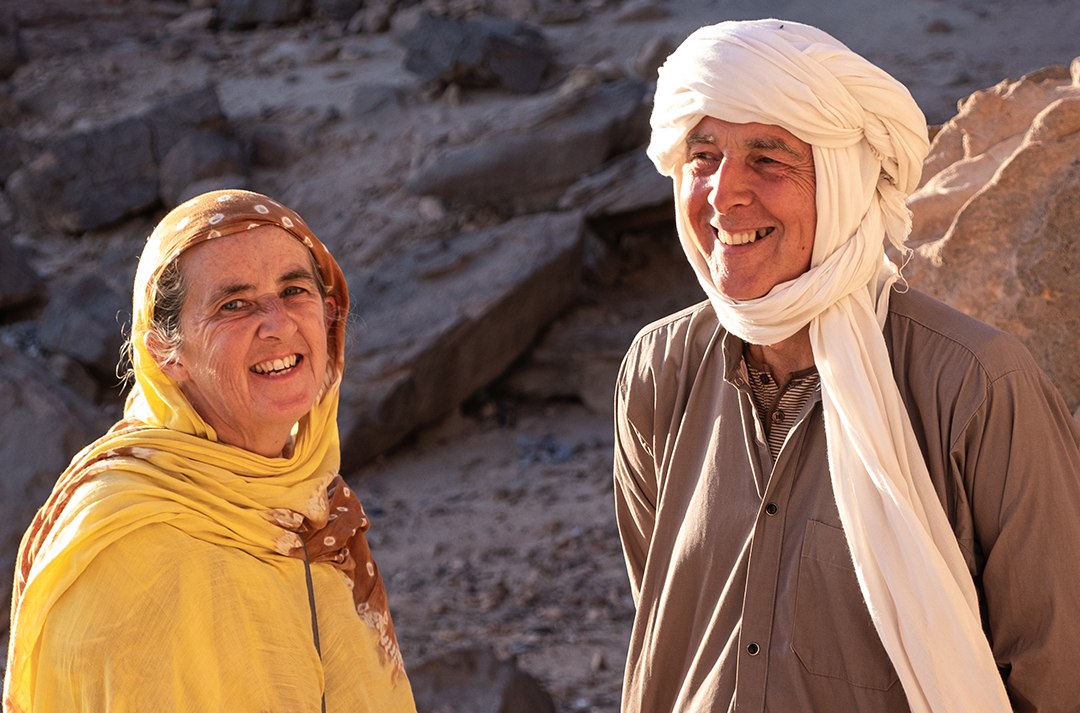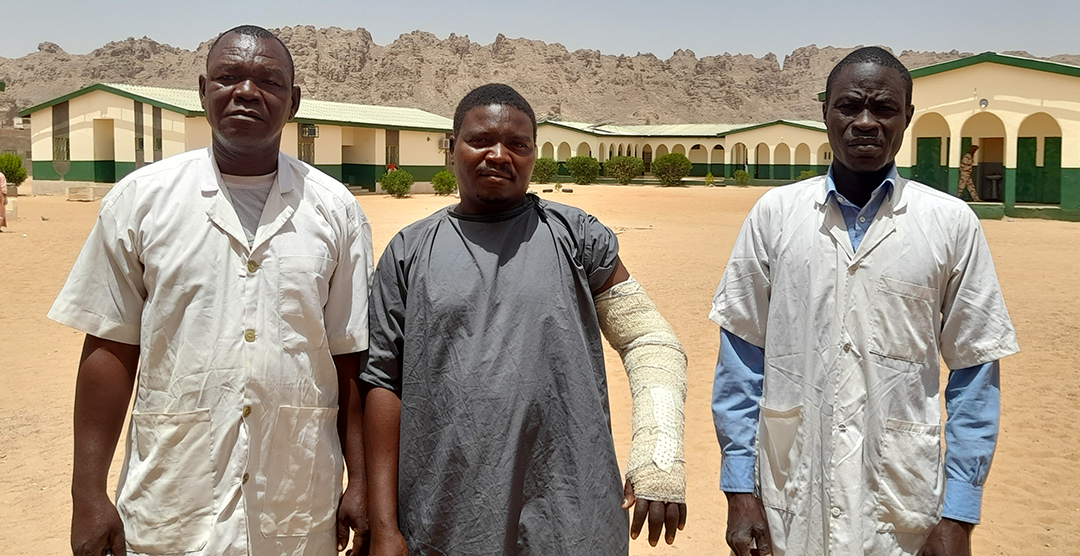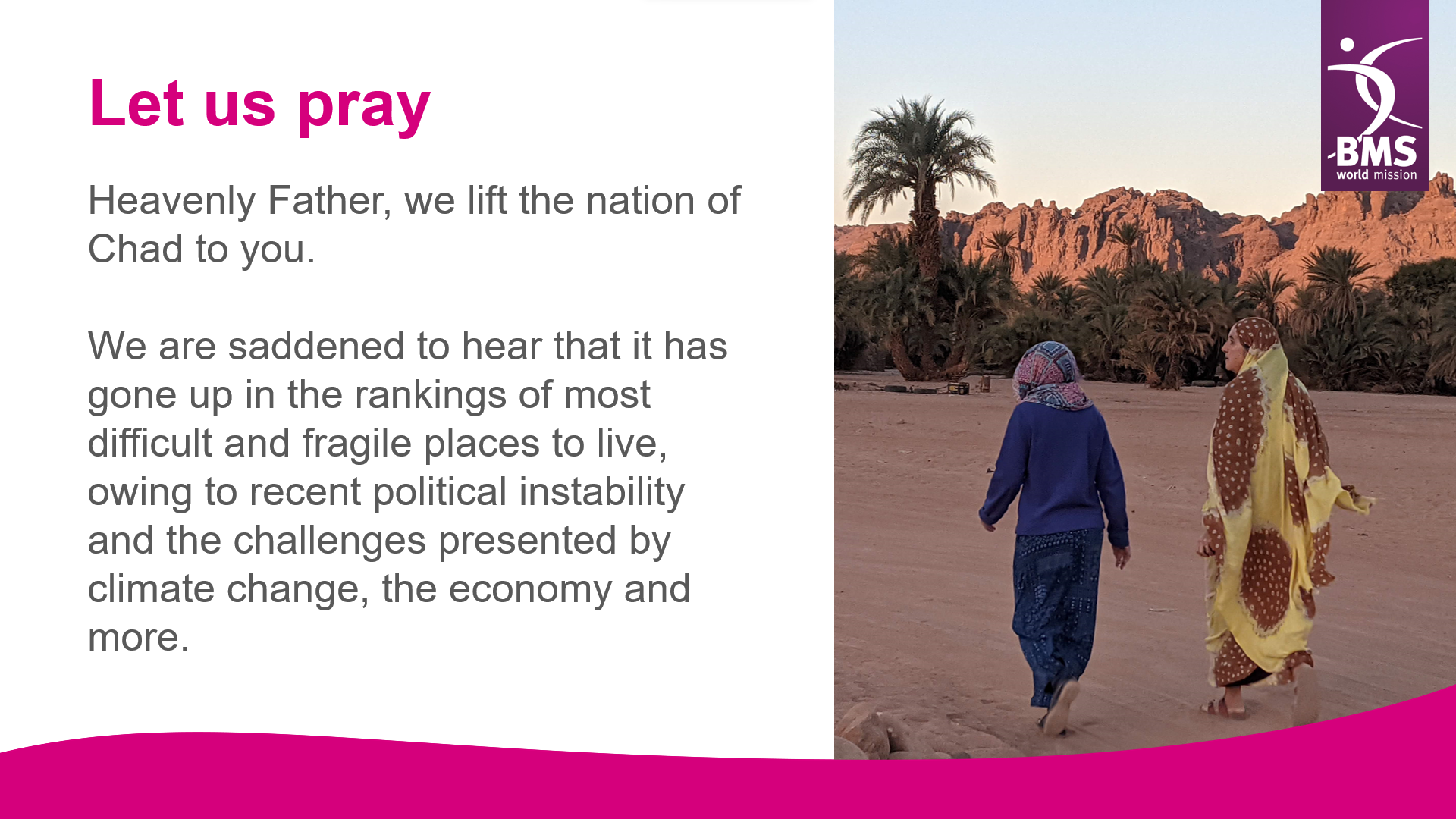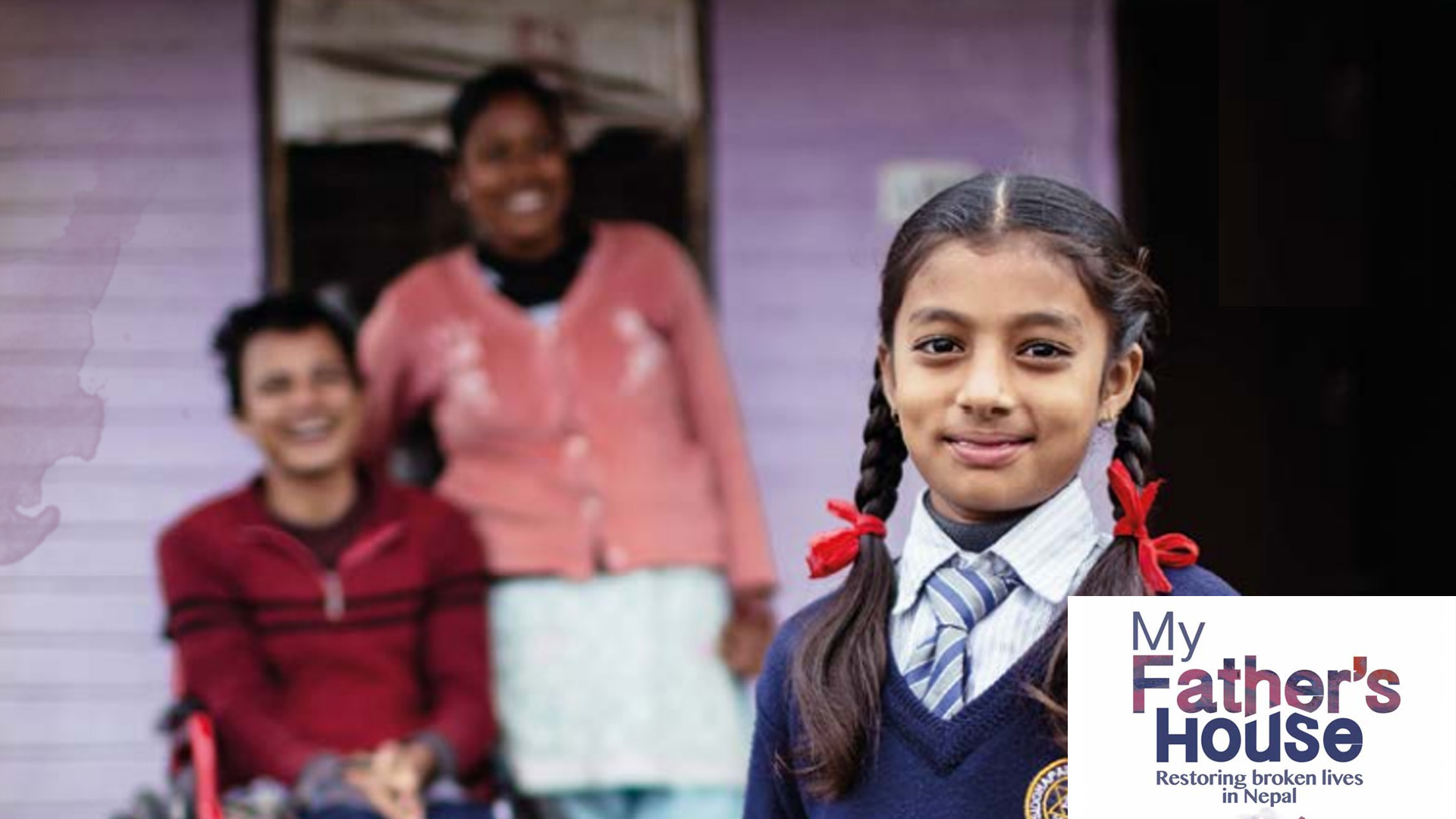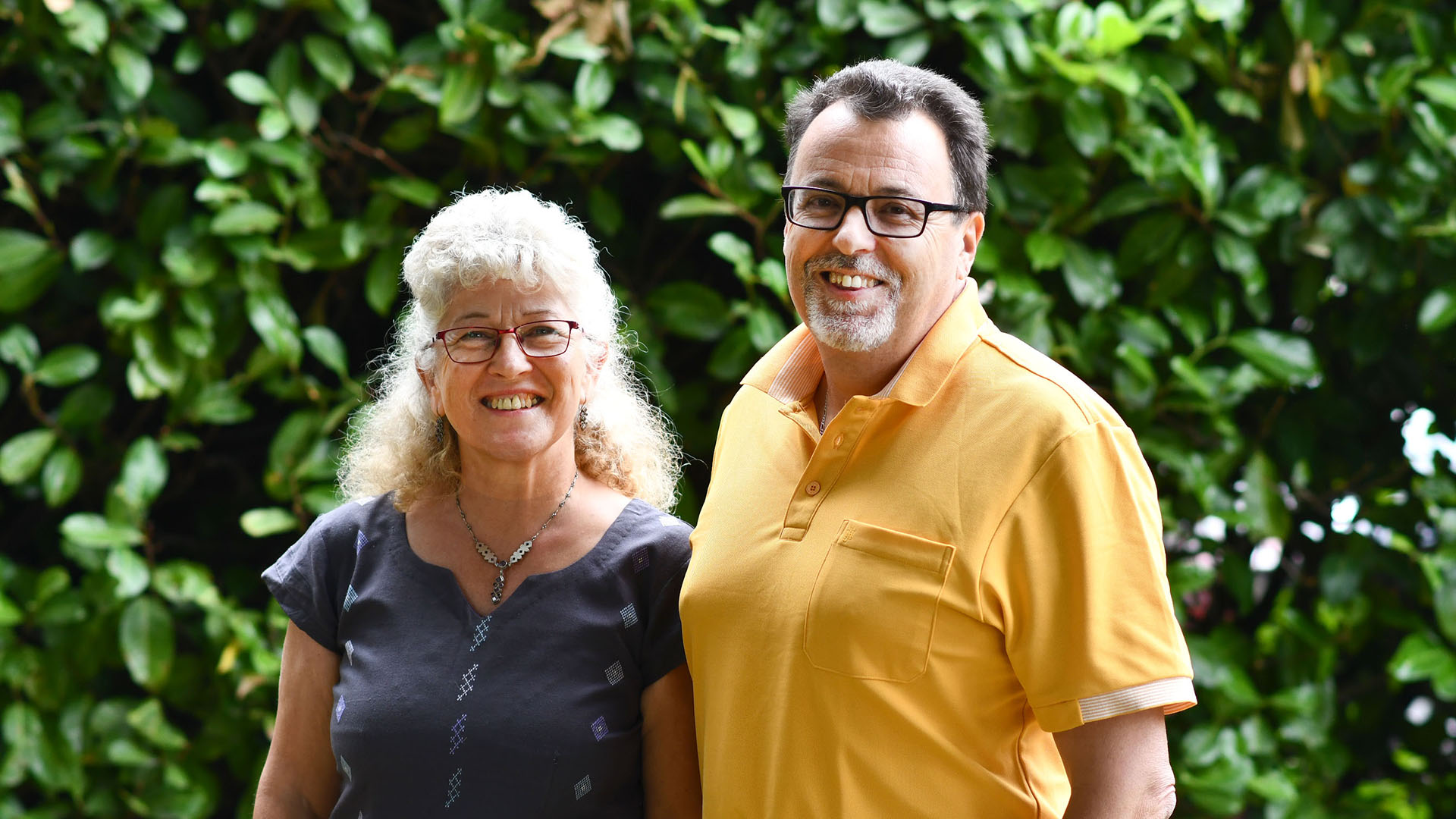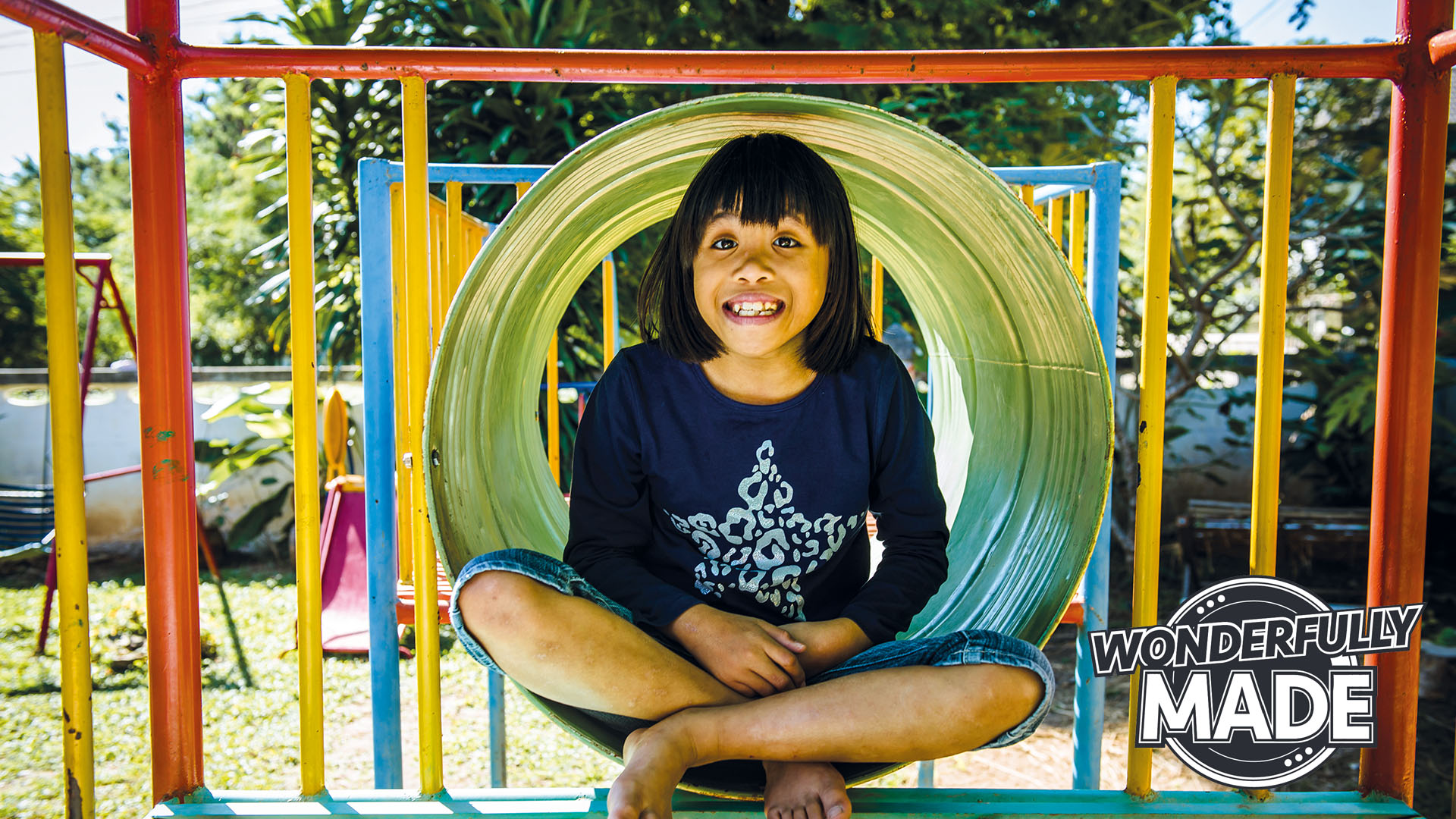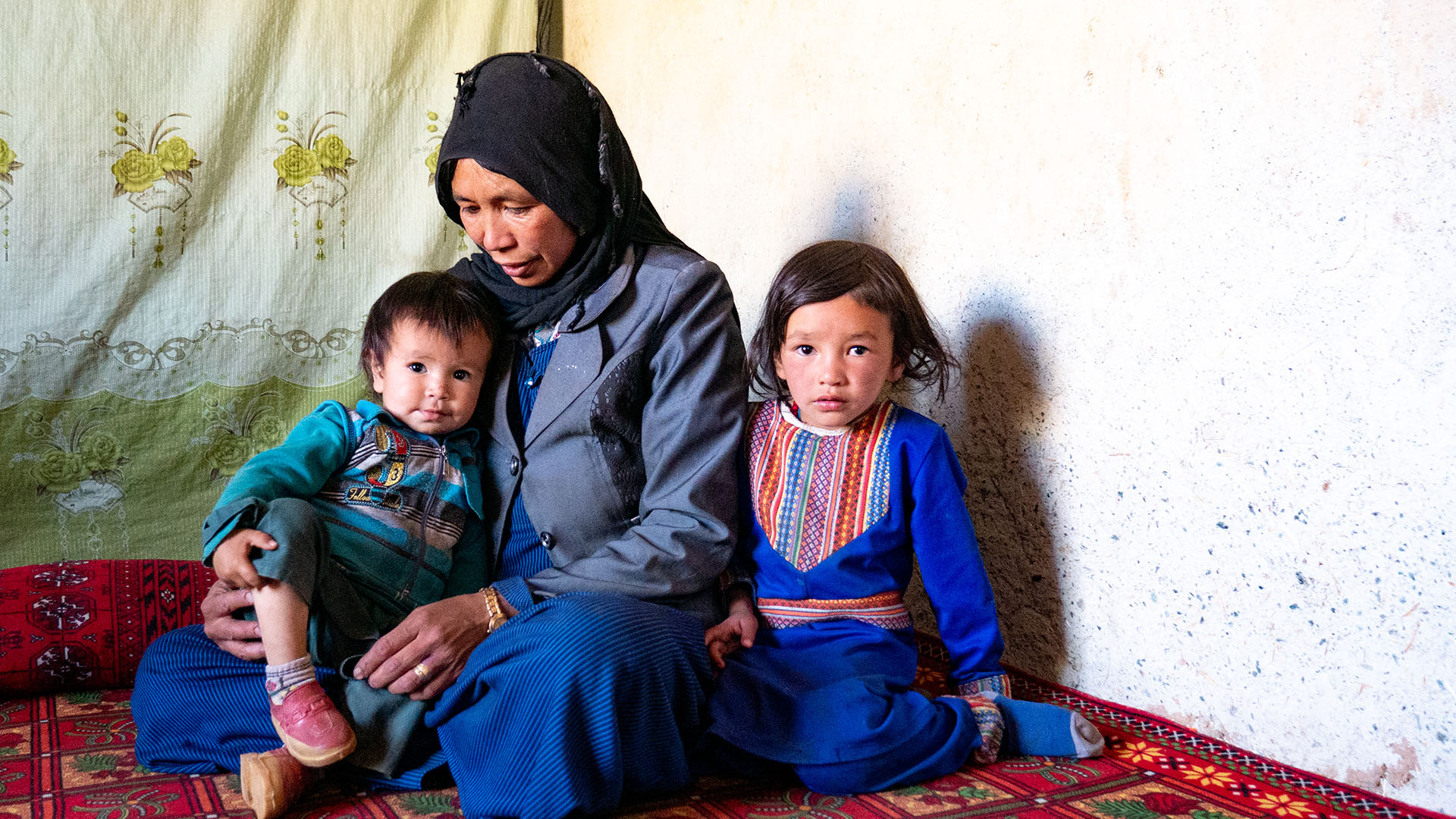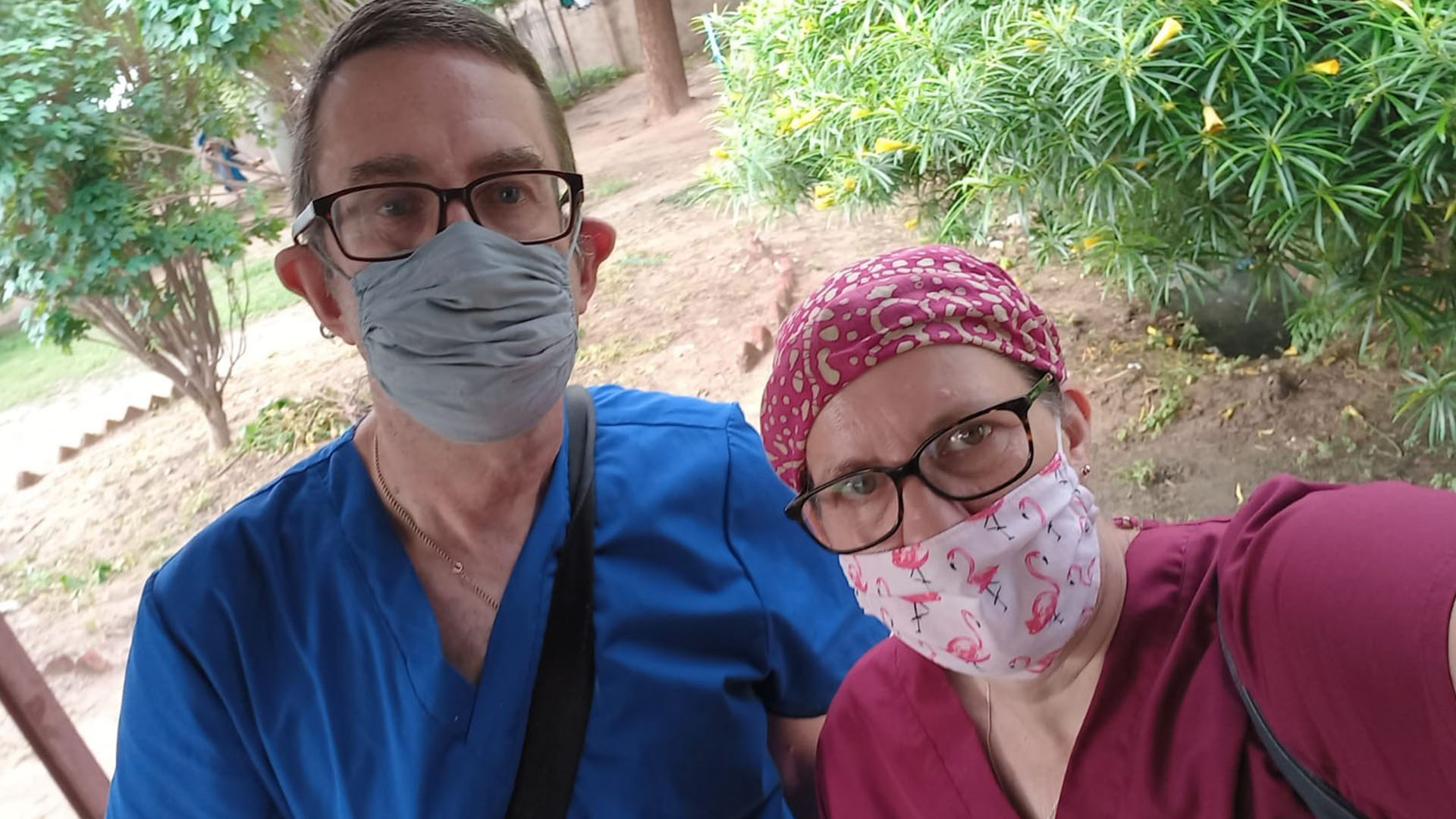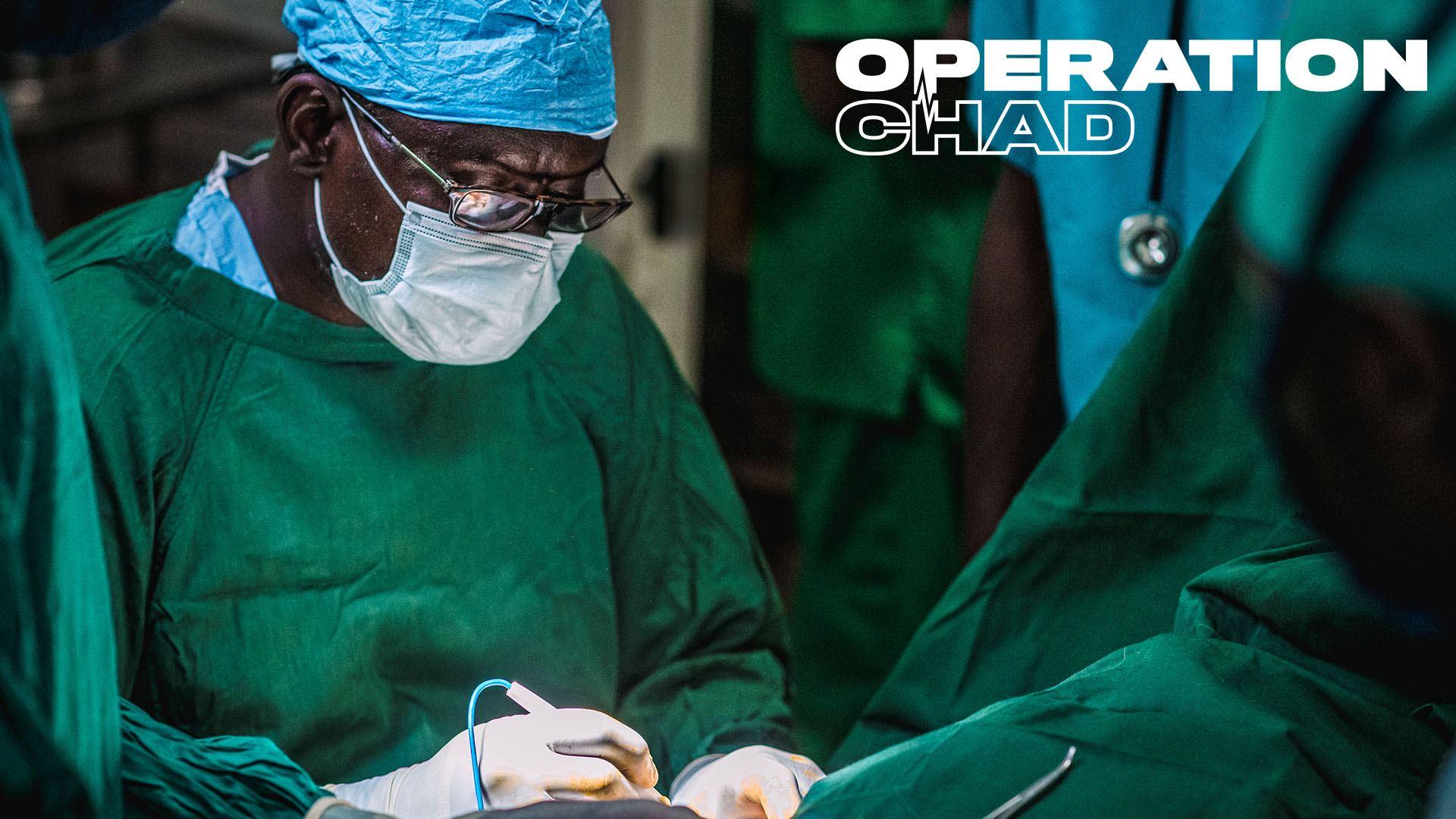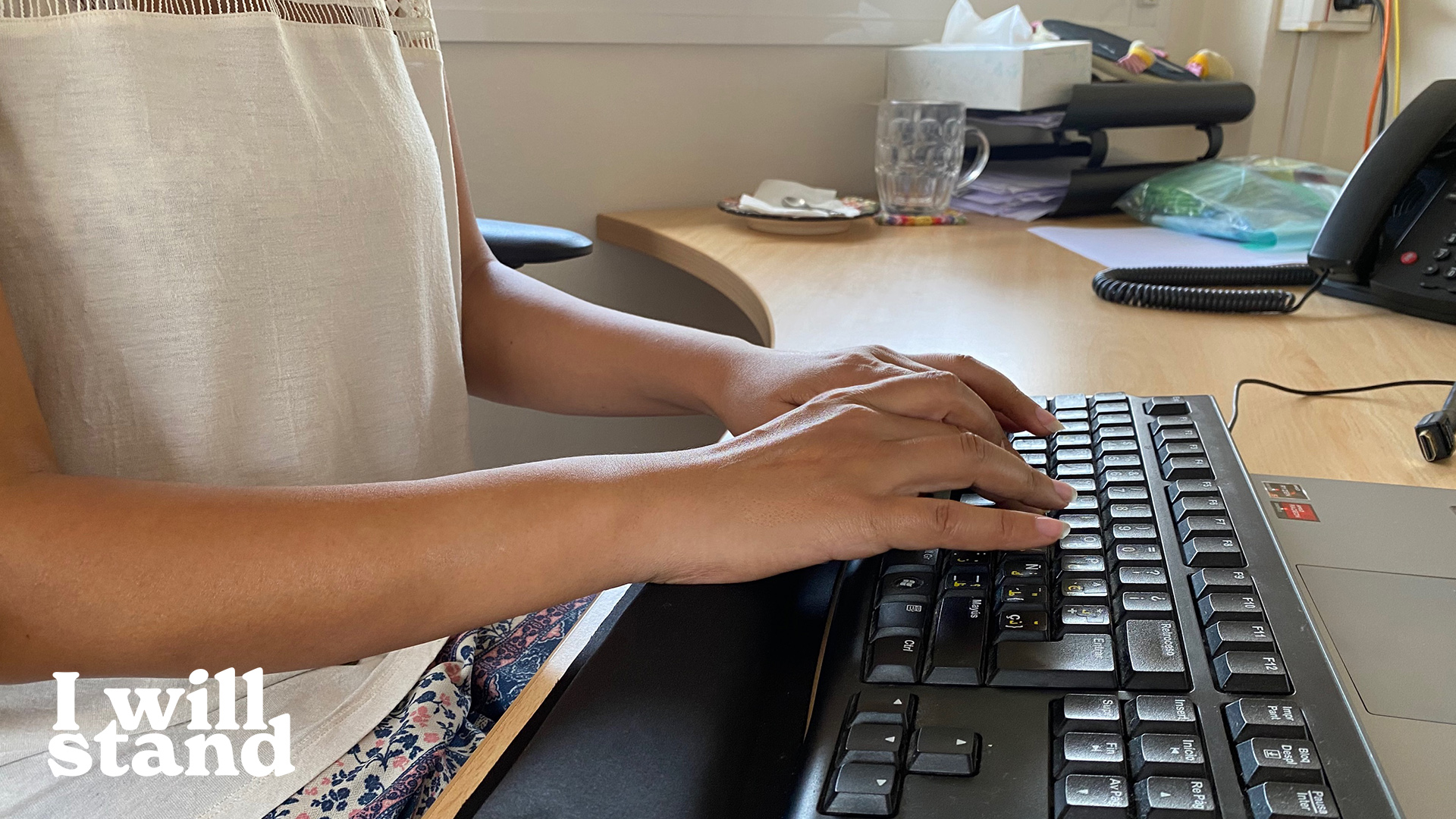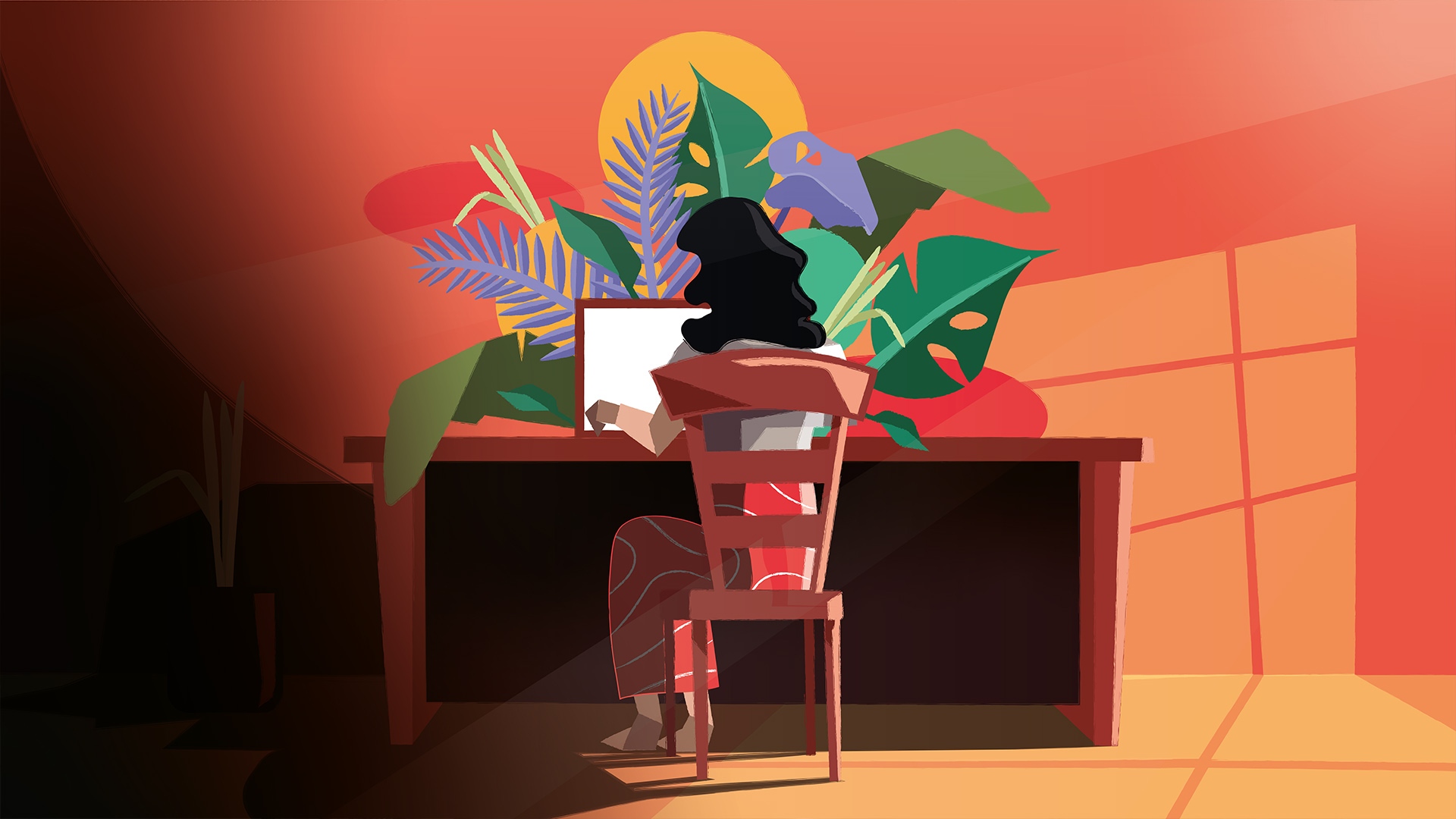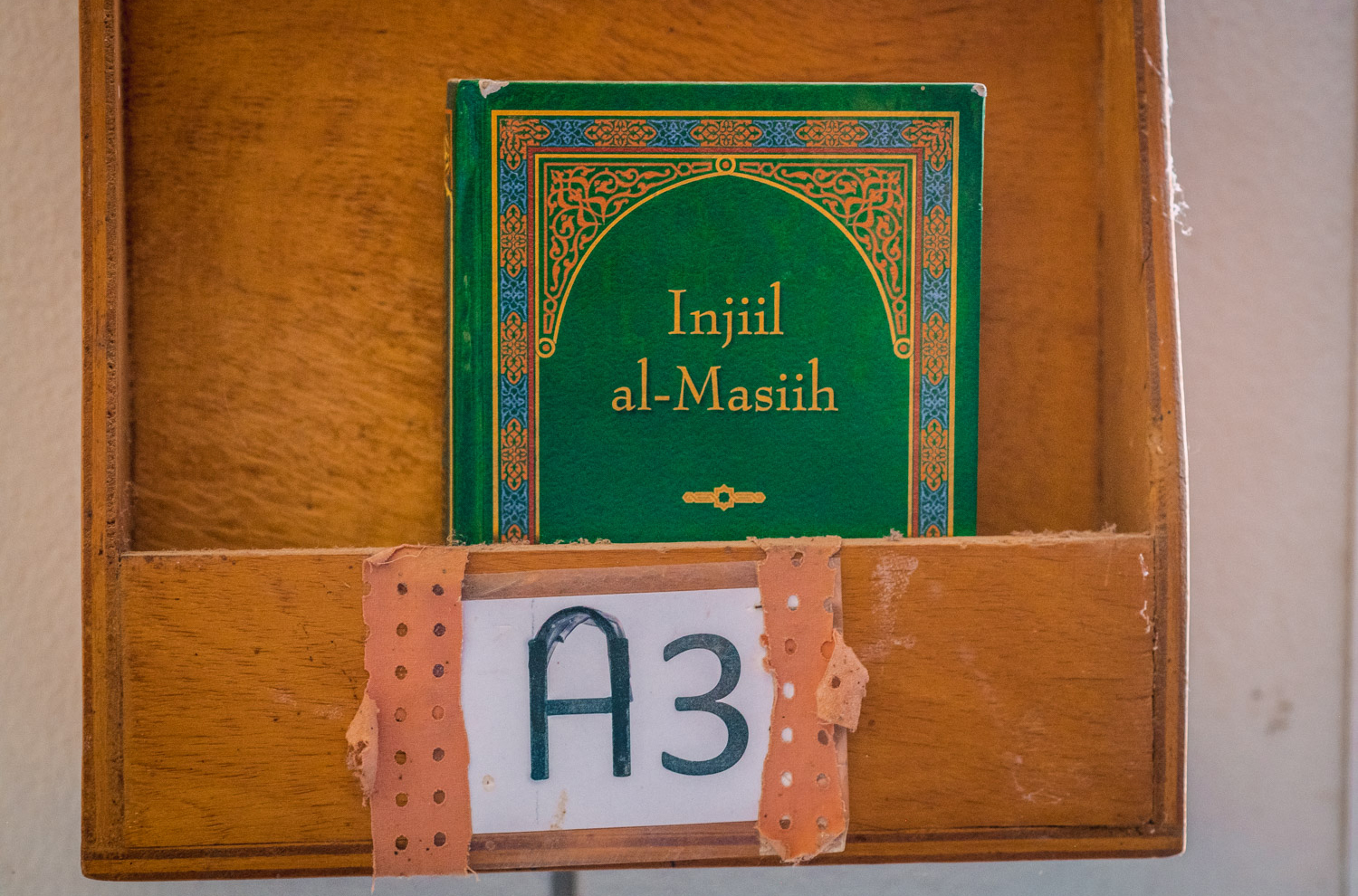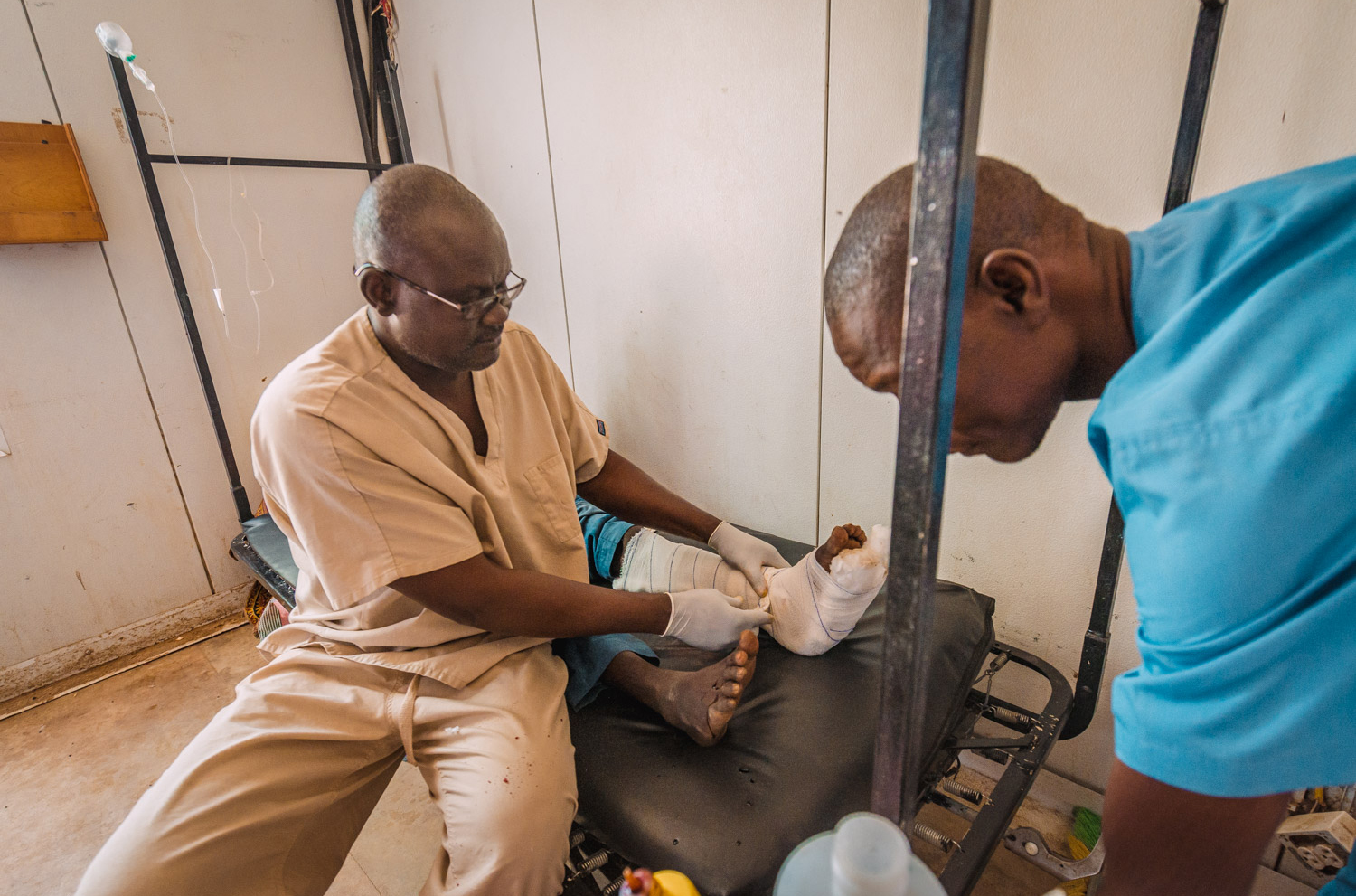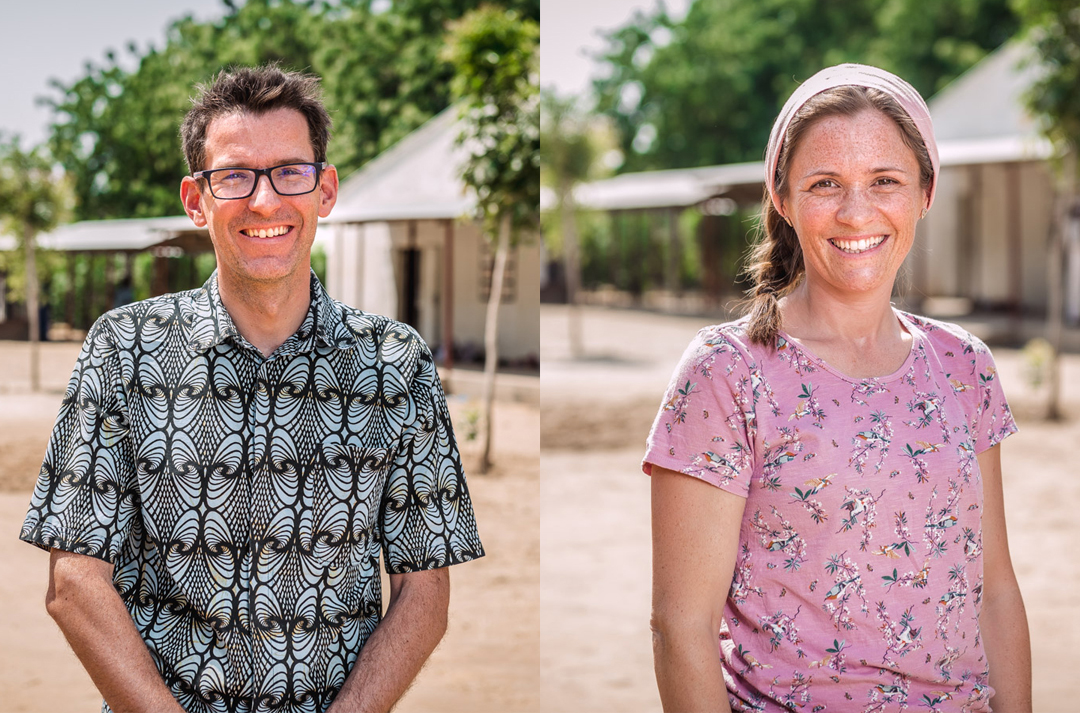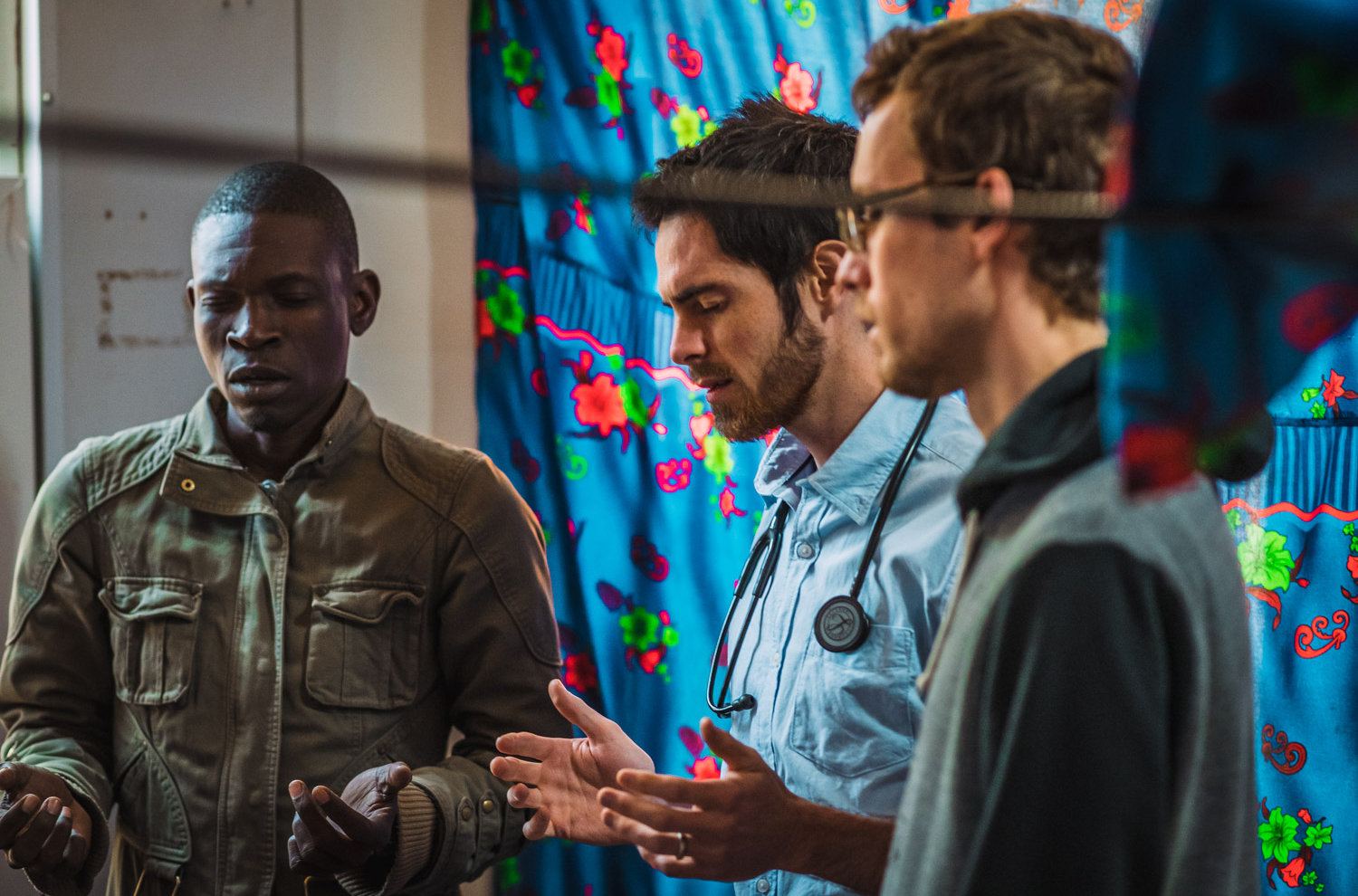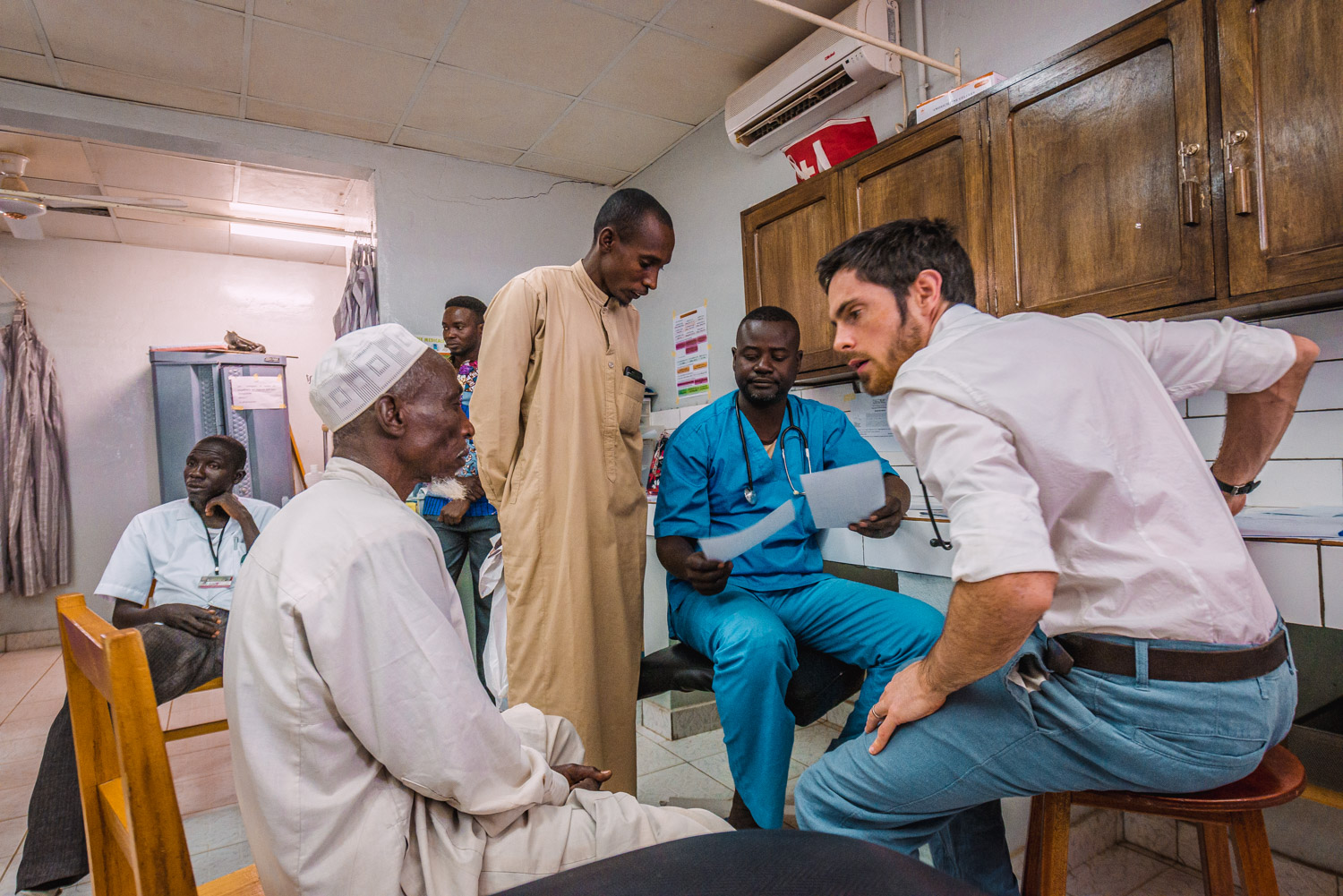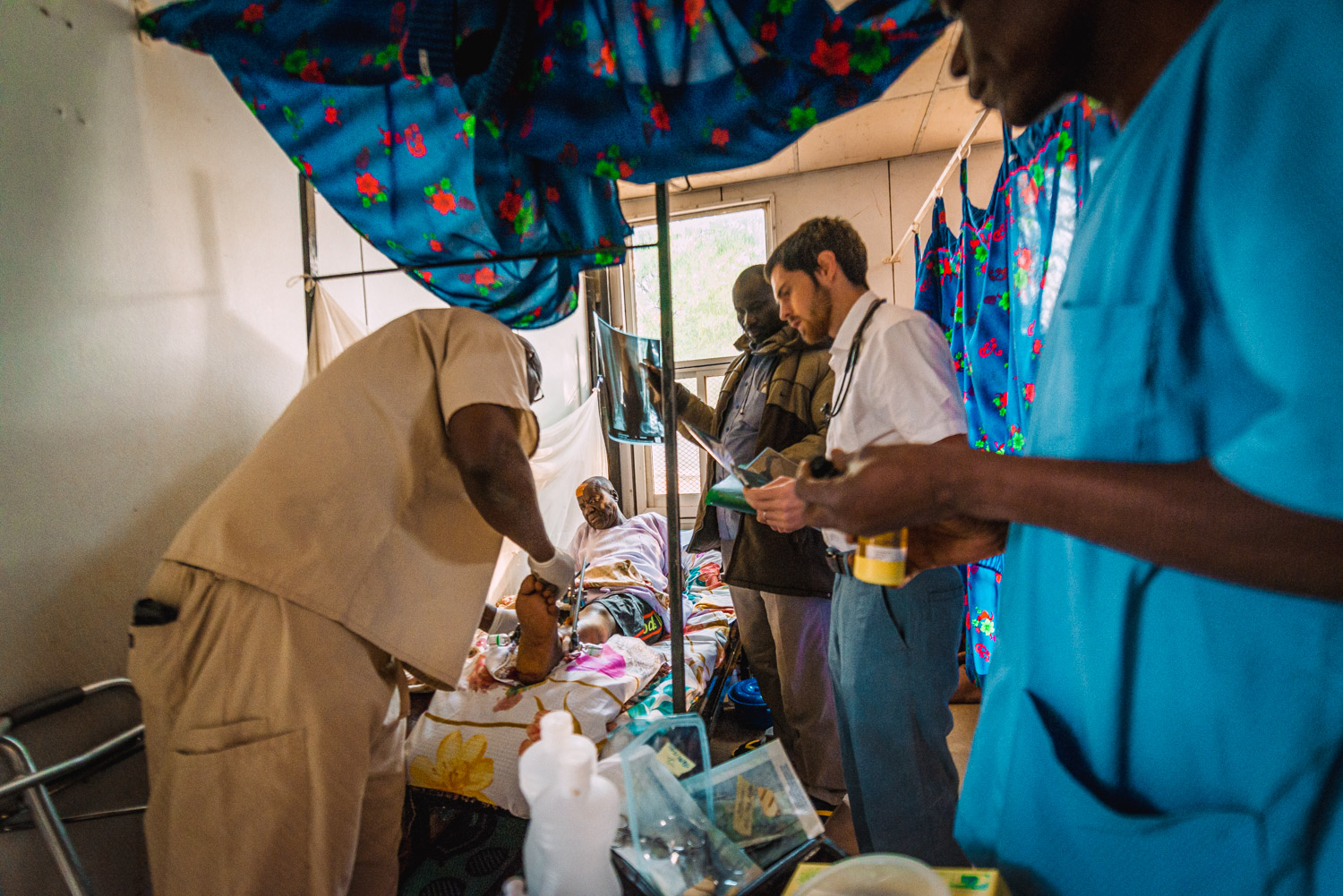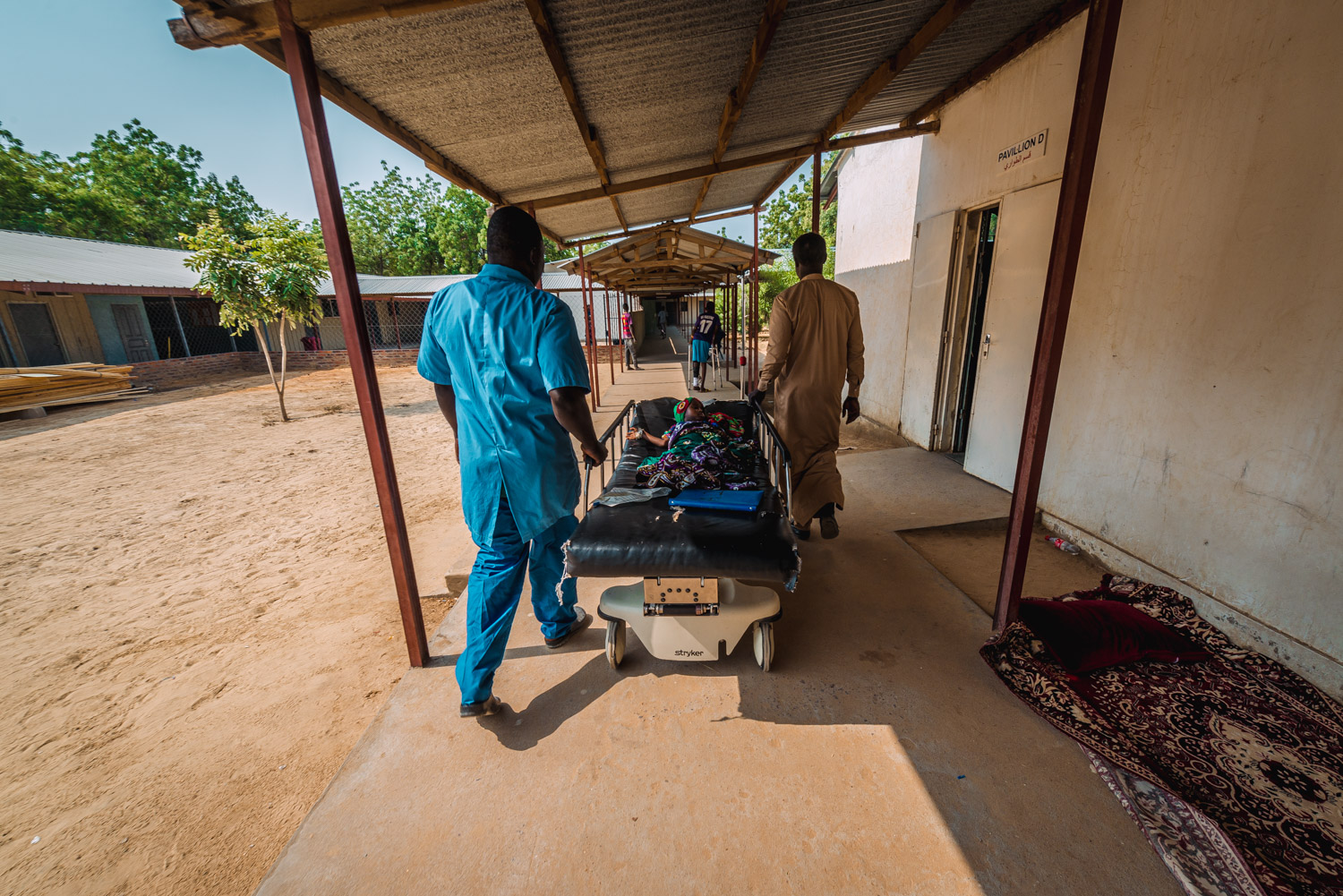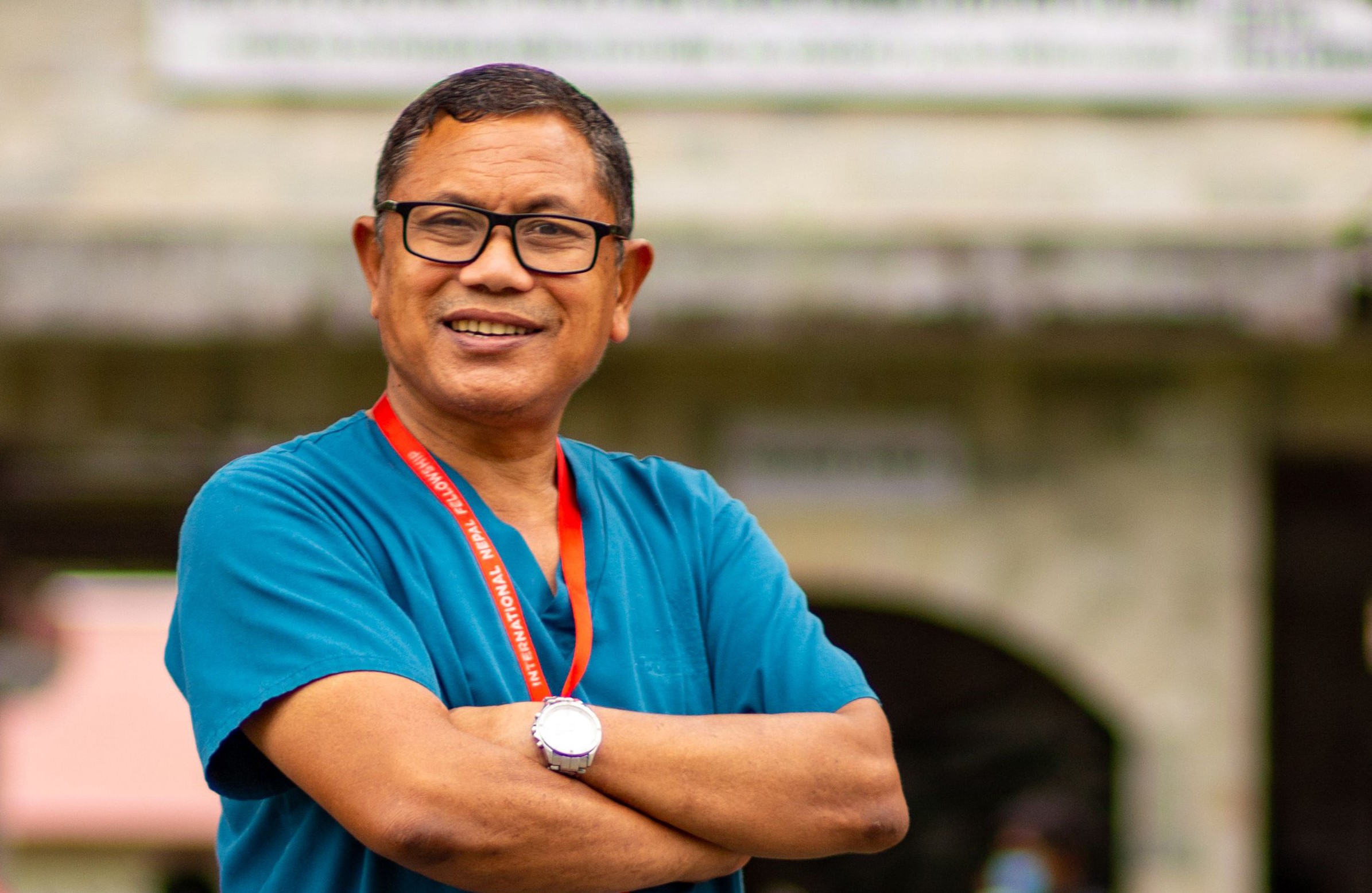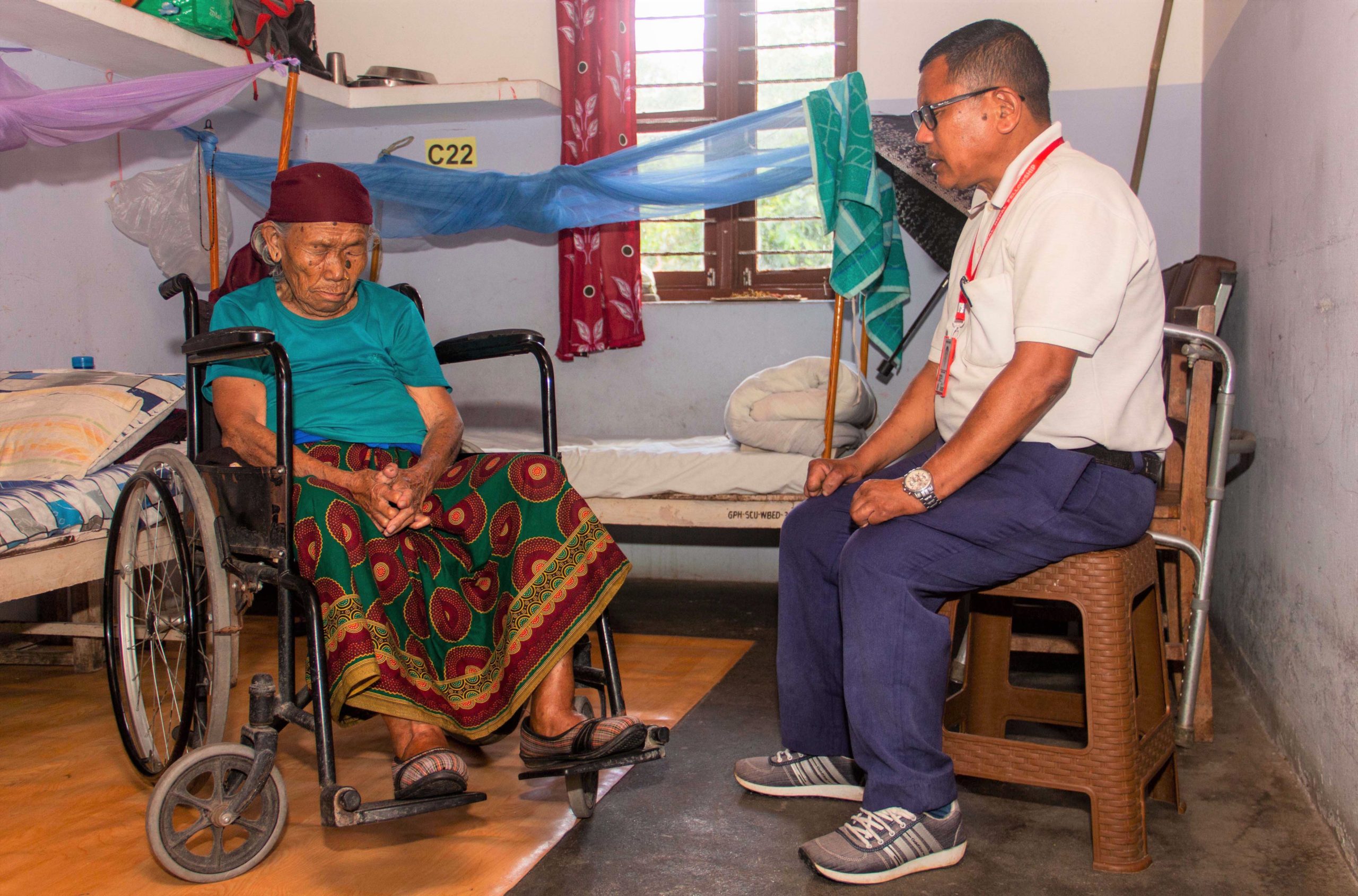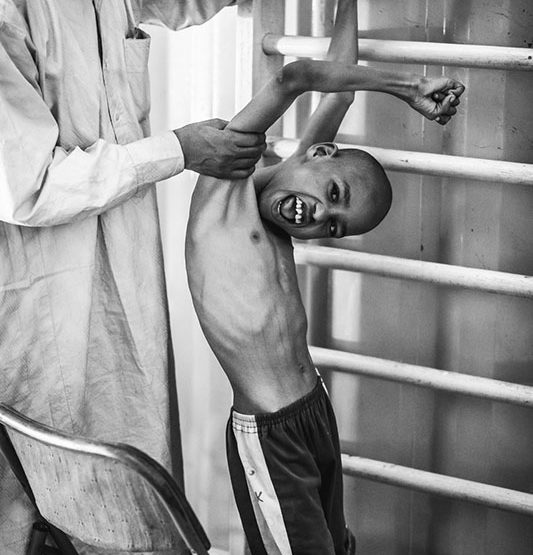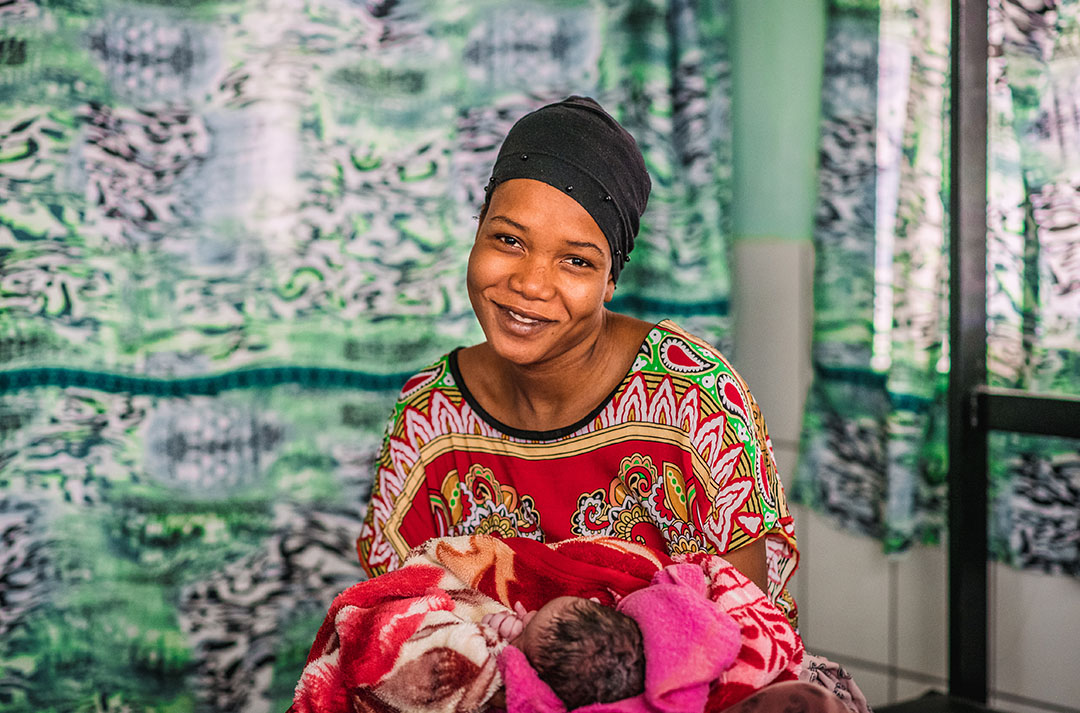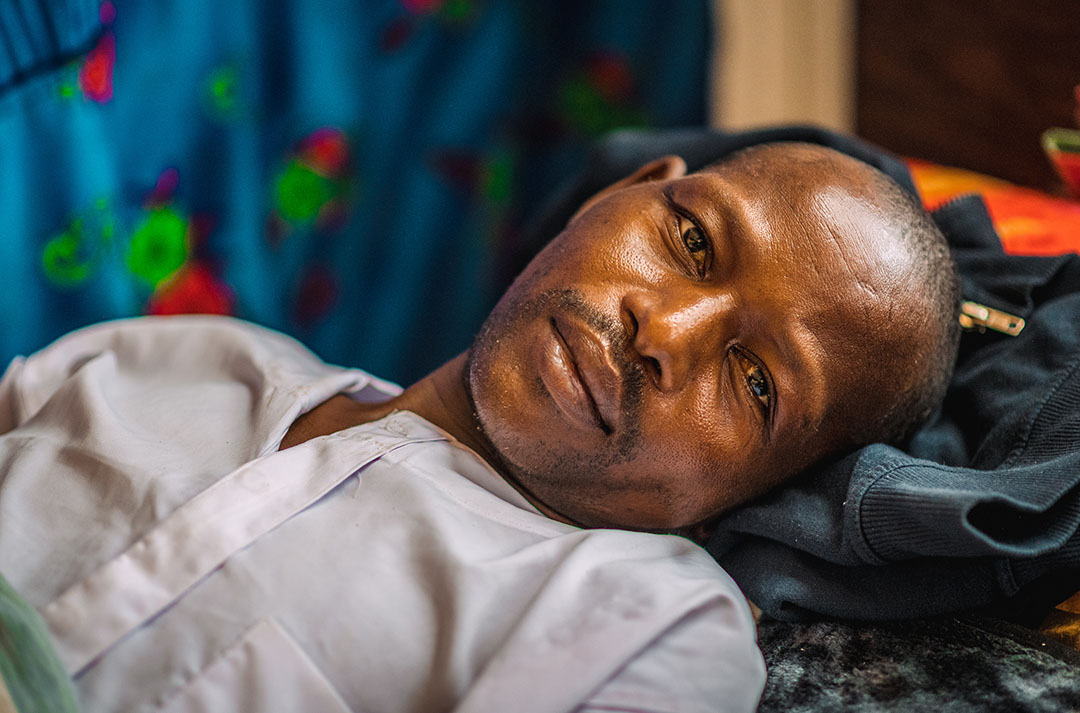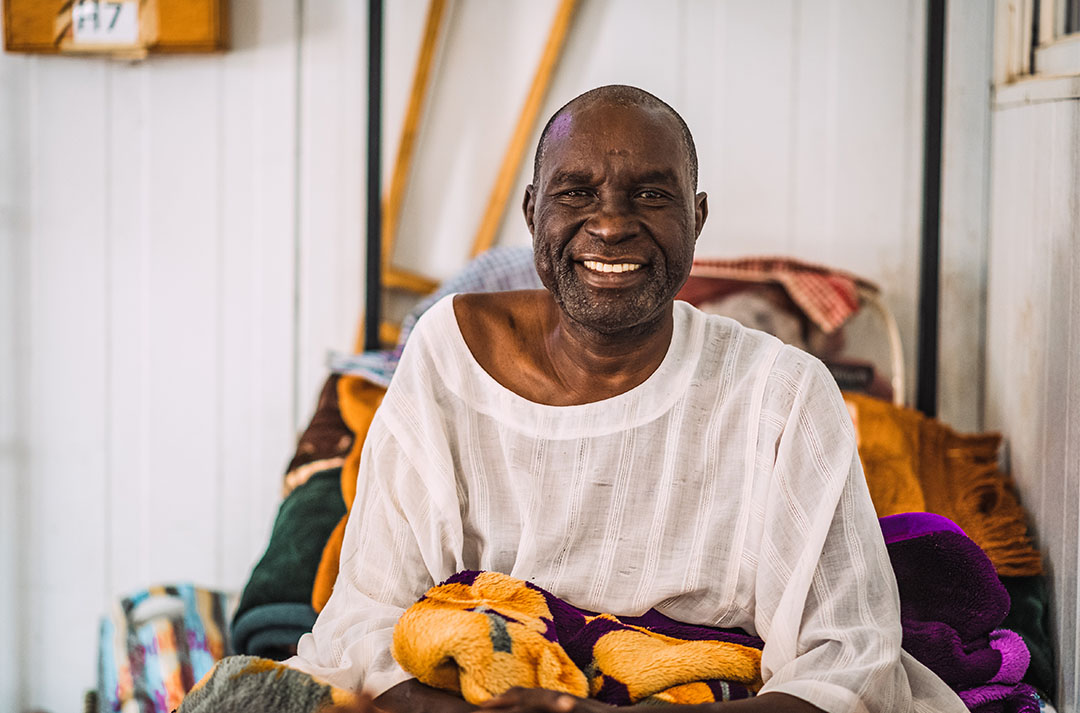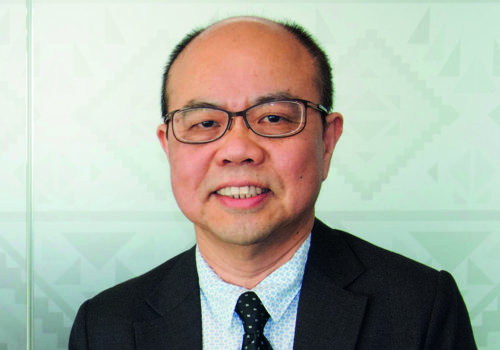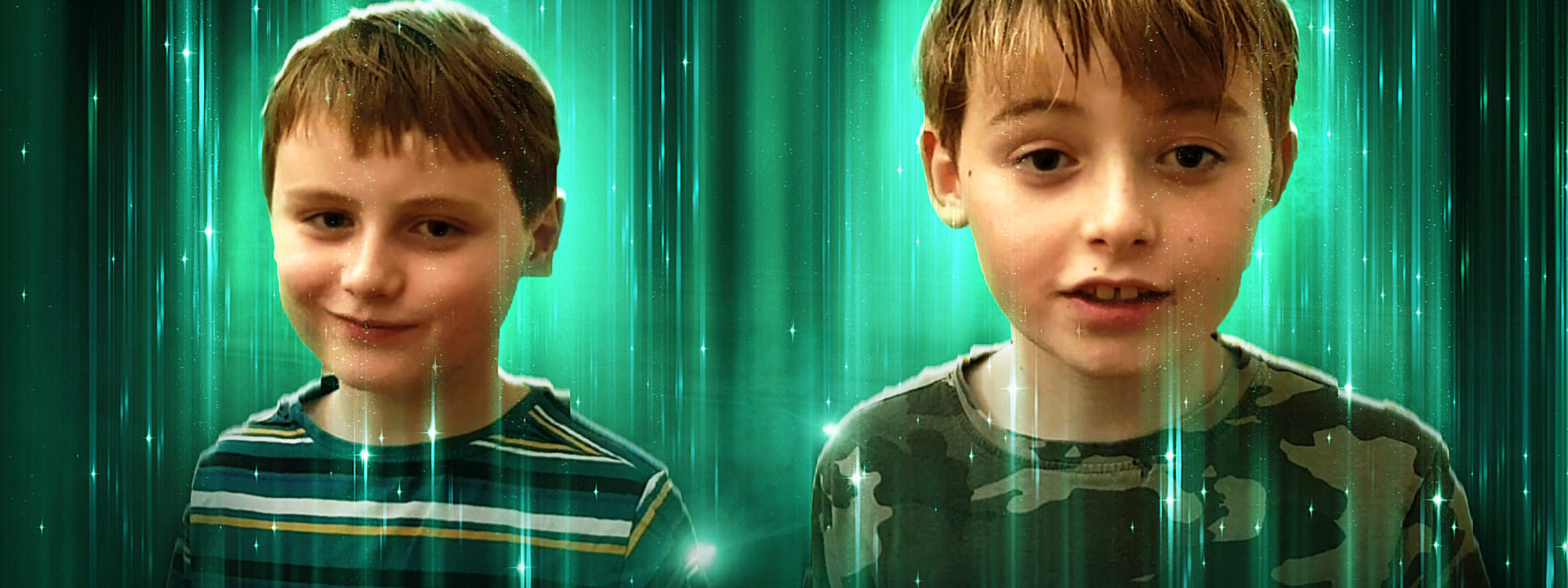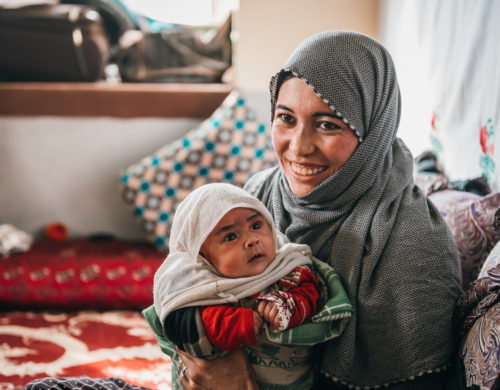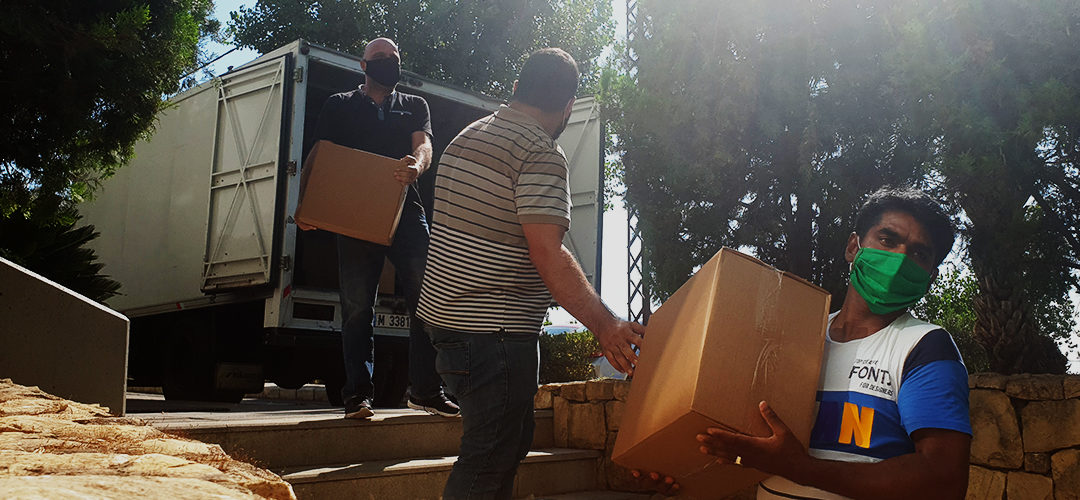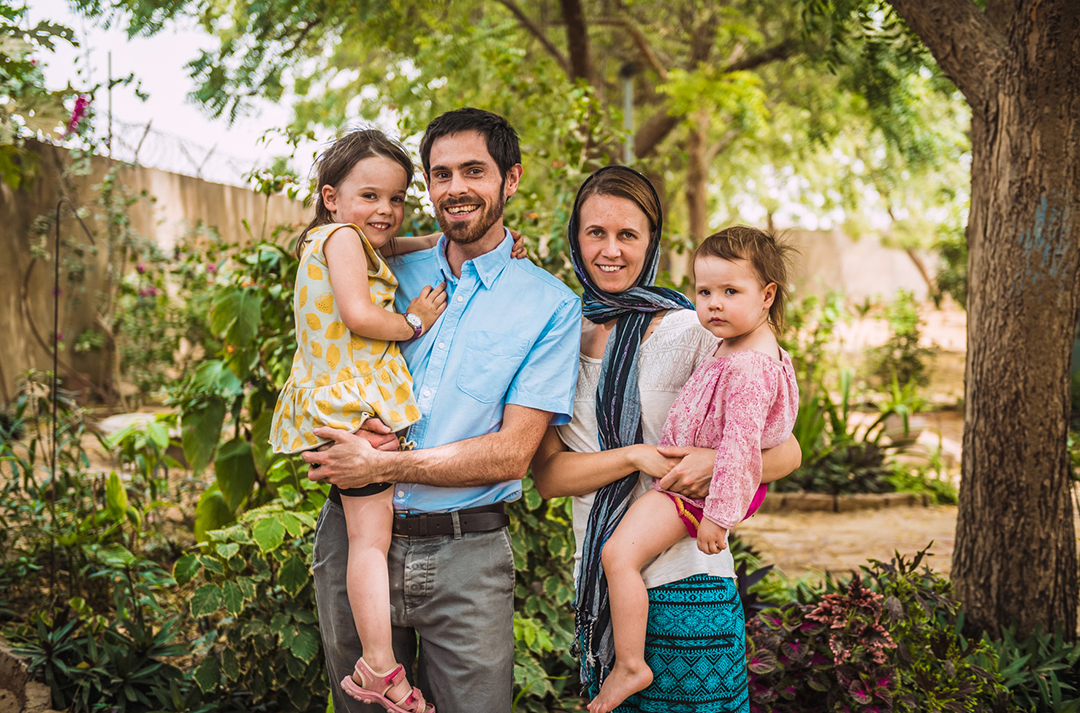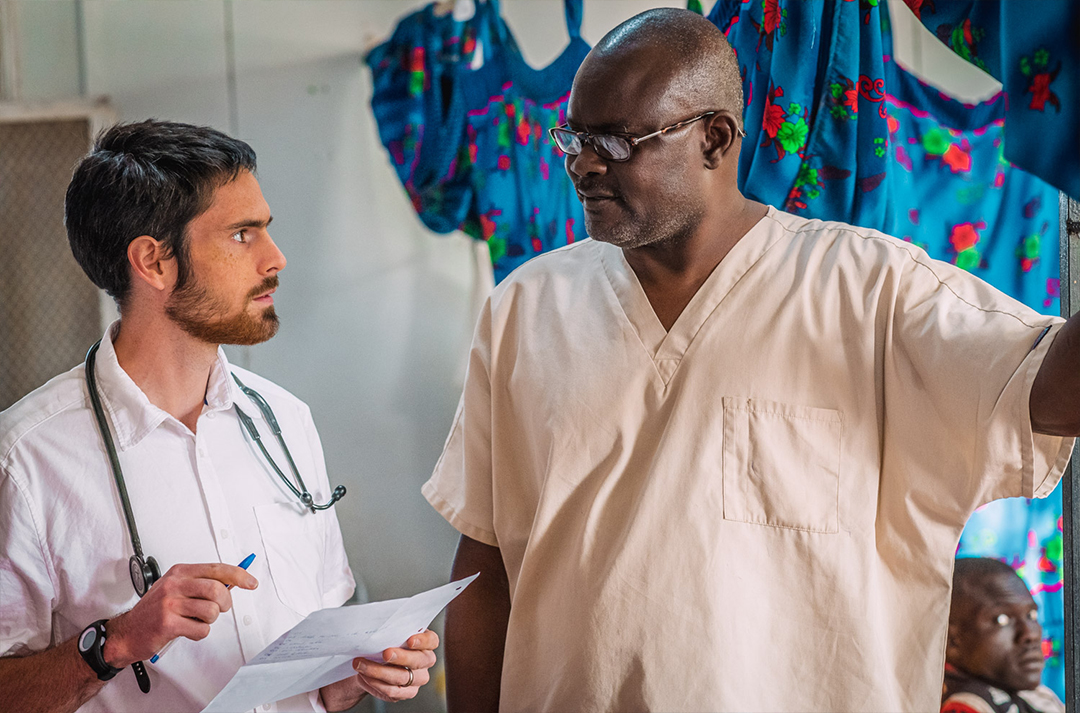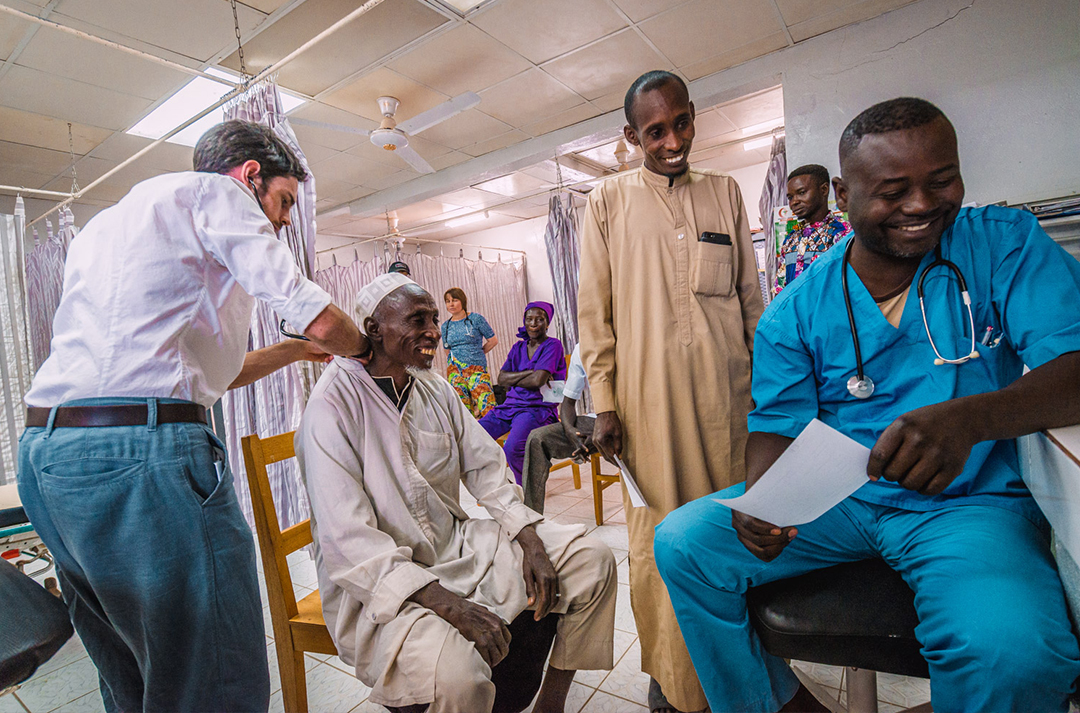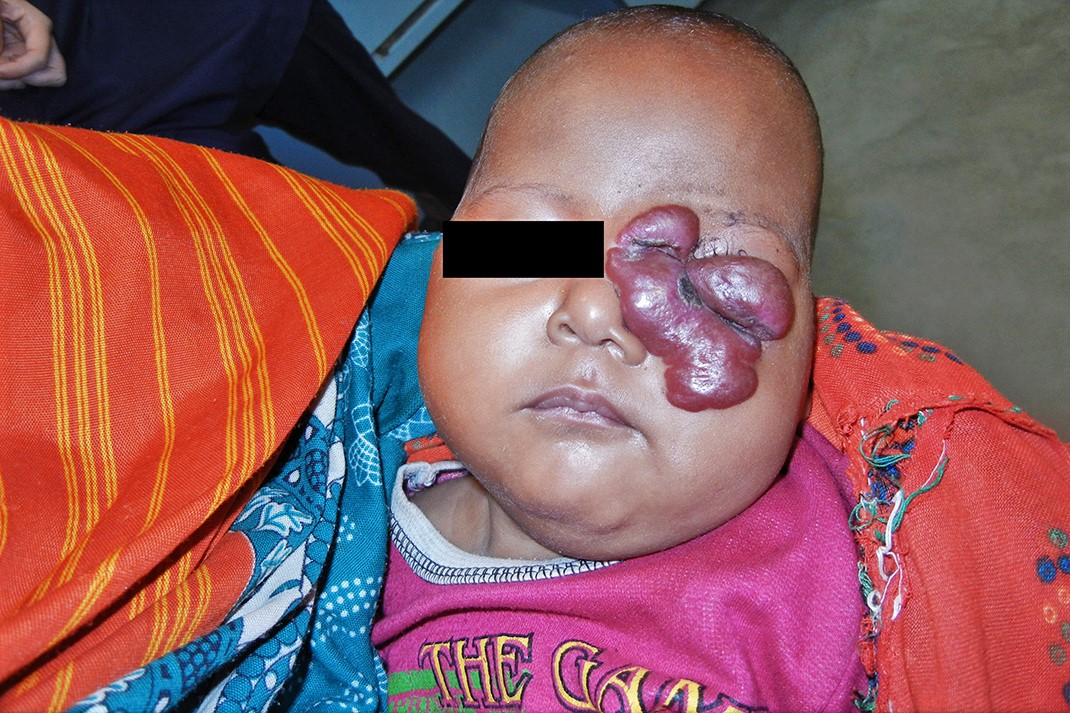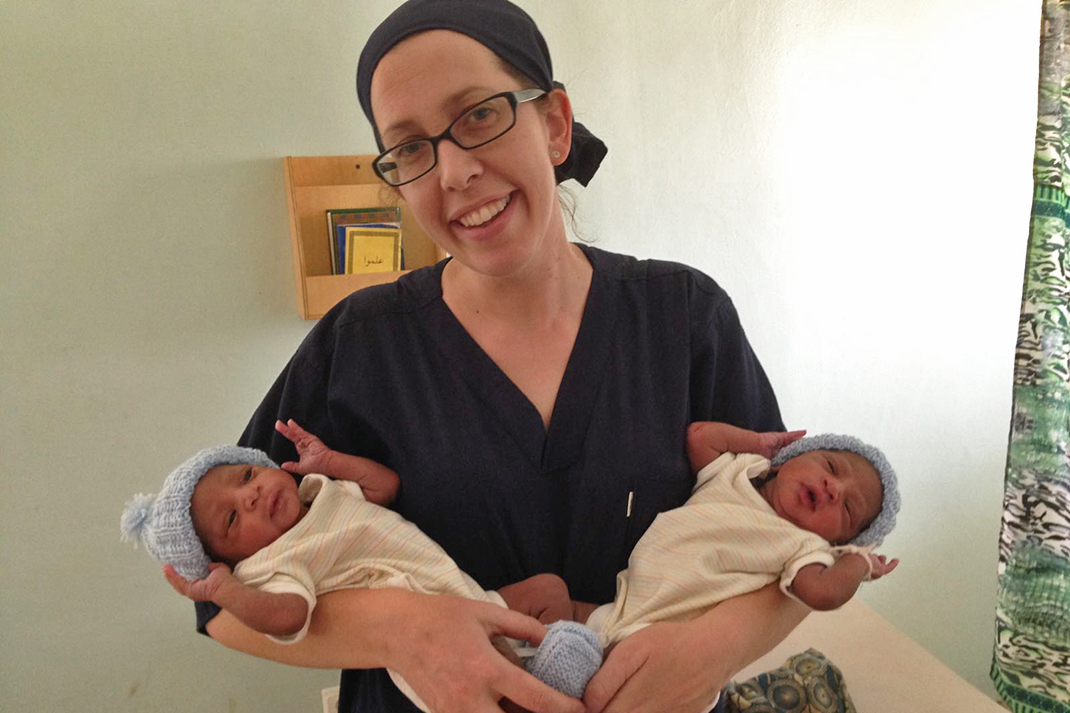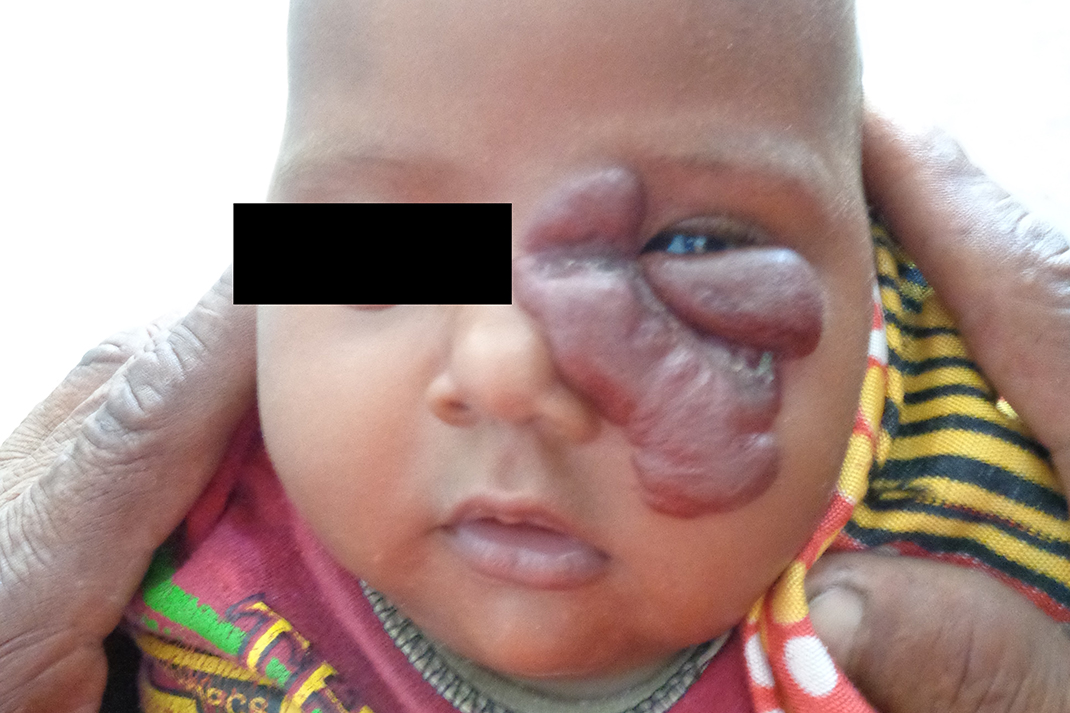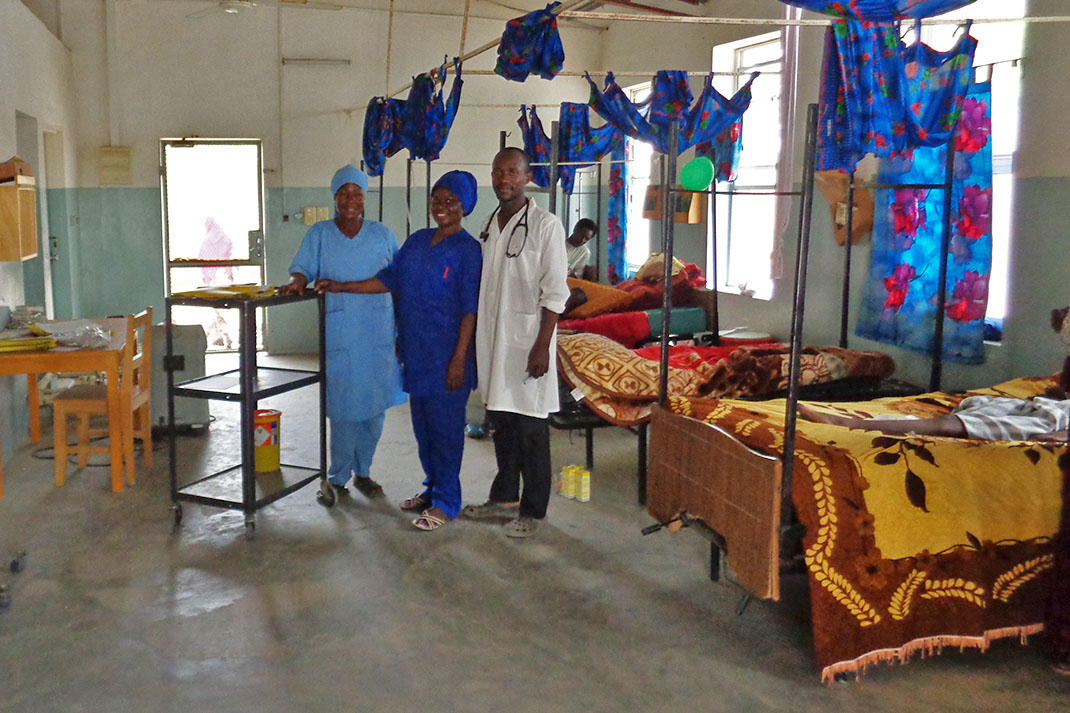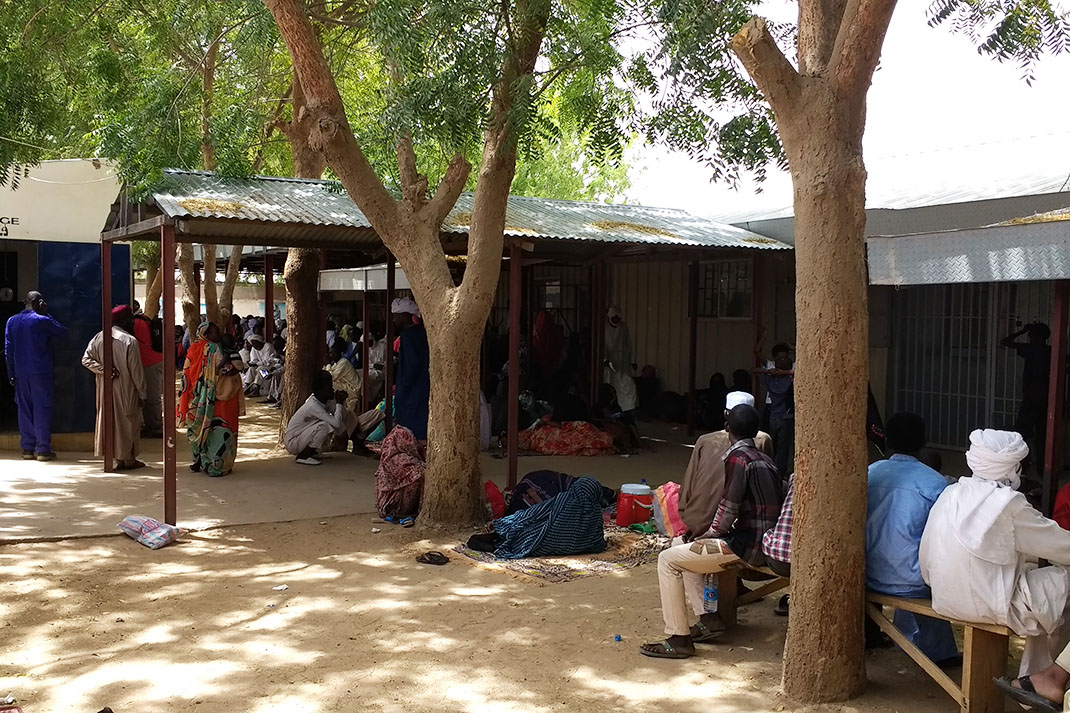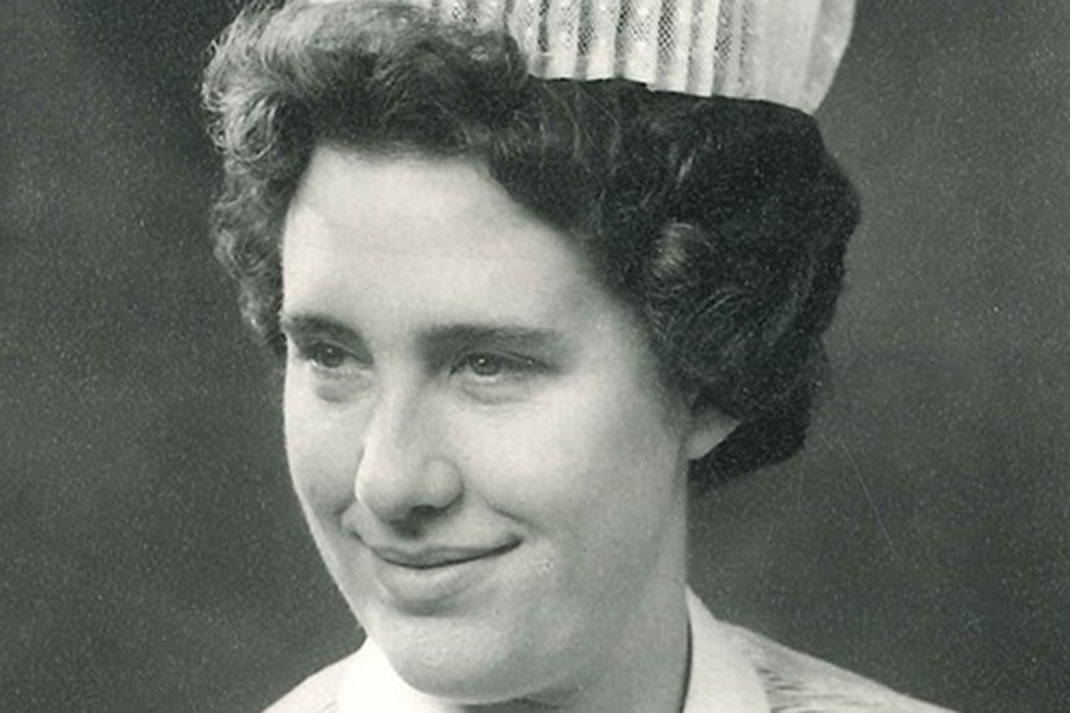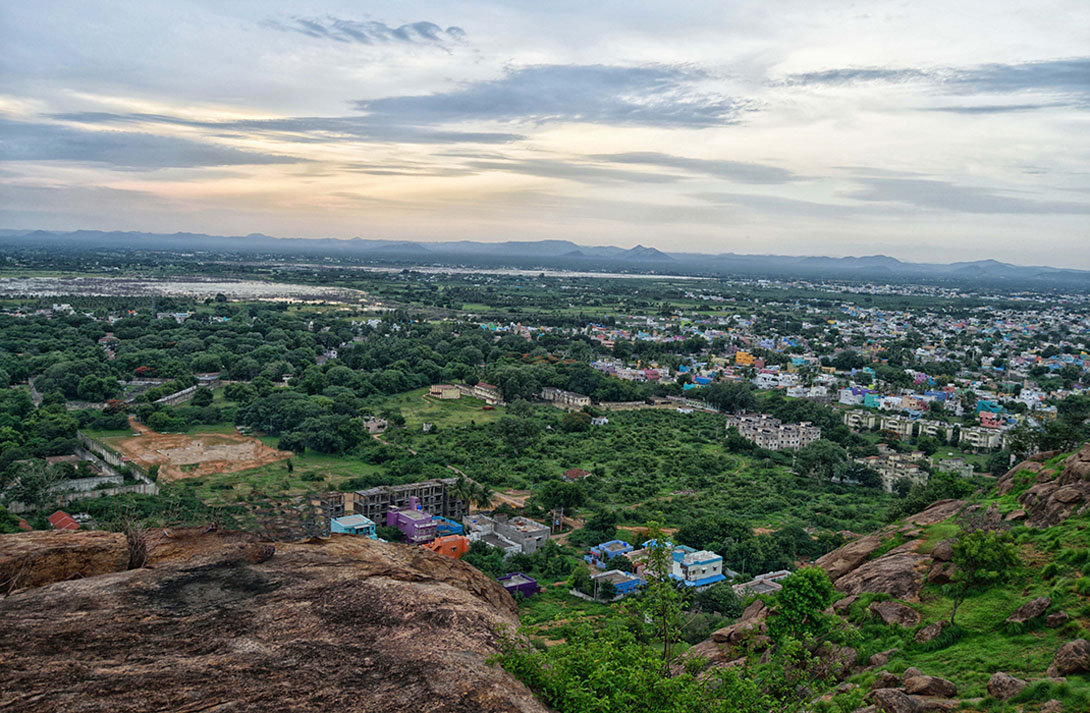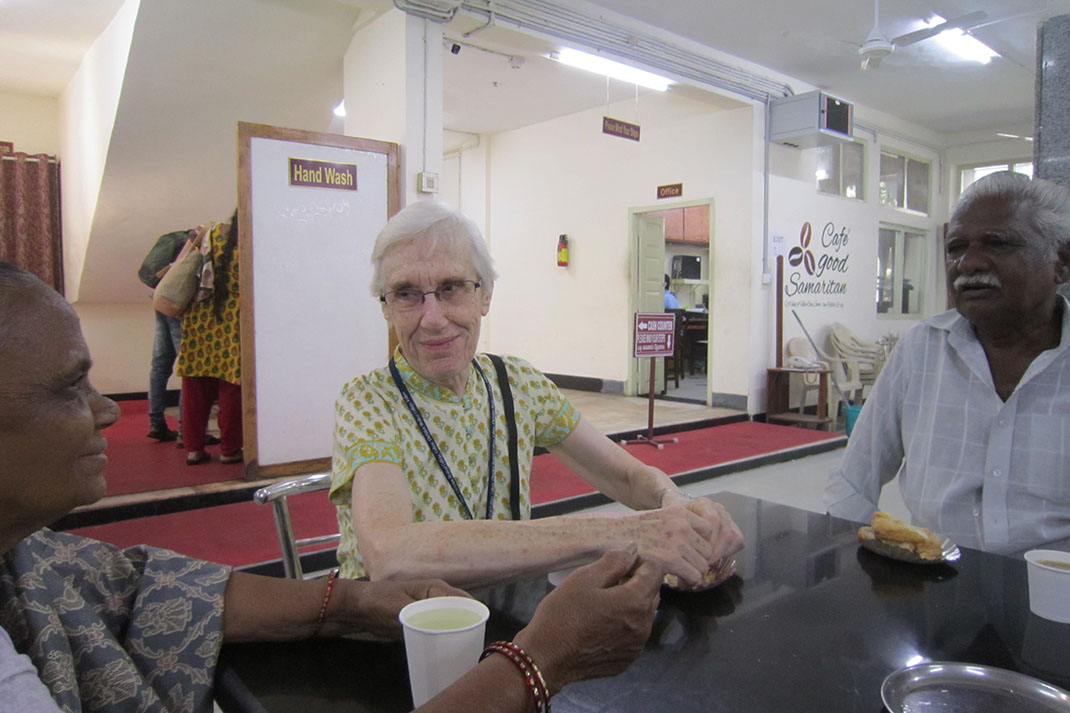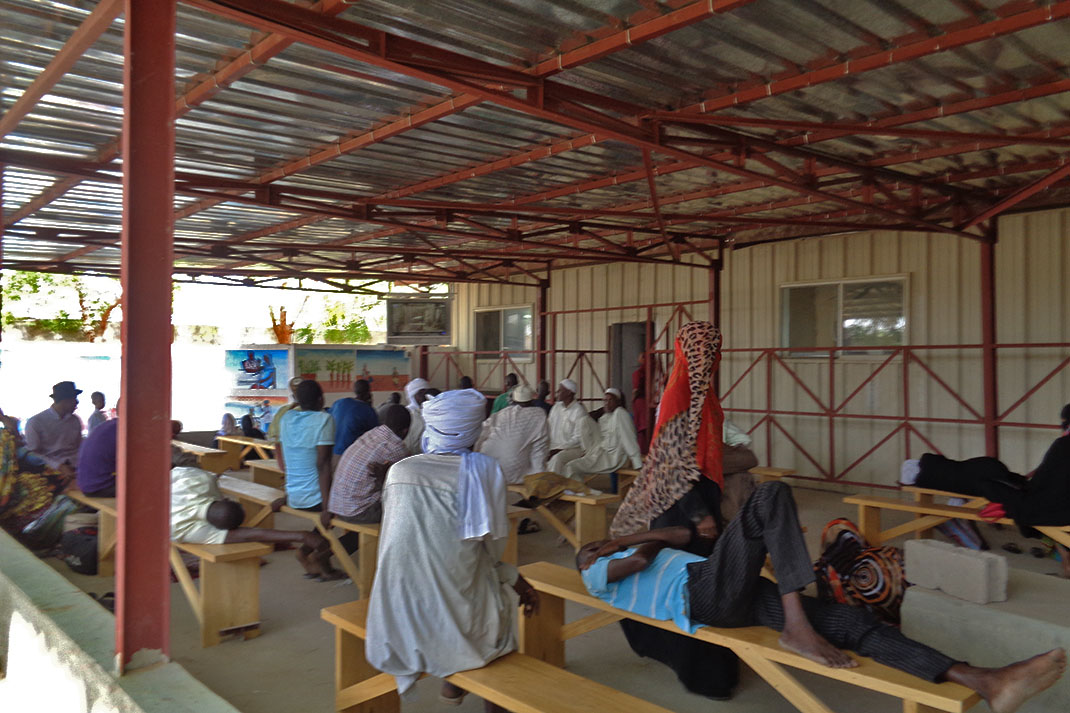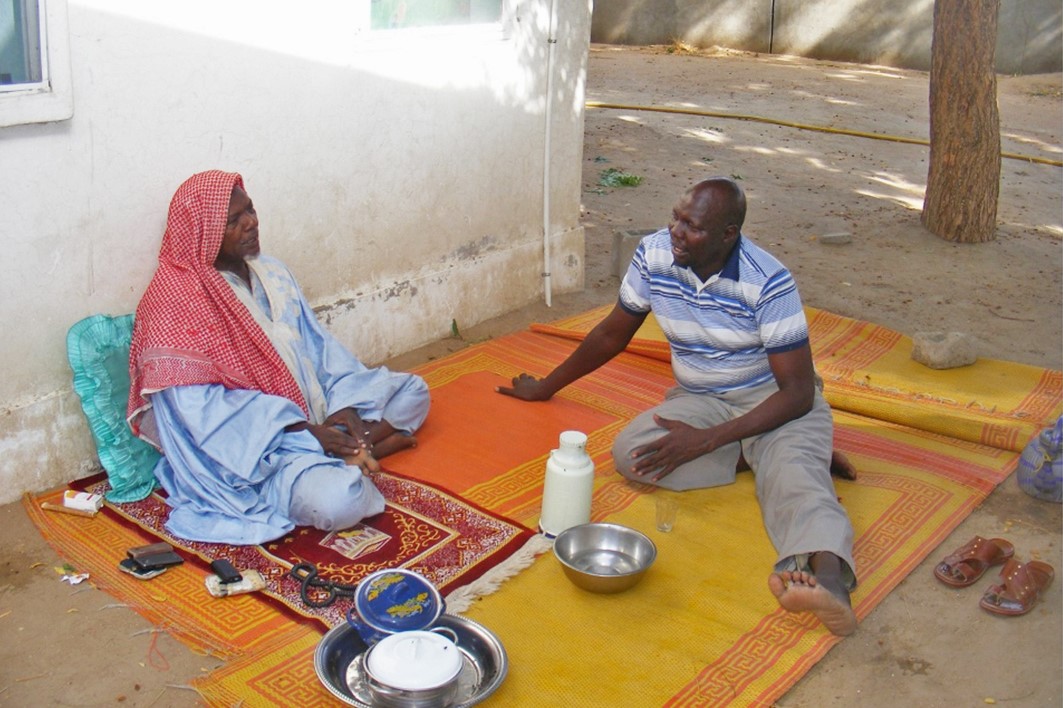Harnessing the sun
Harnessing the sun
The healing power of solar panels
In a country heavily reliant on fossil fuels, Guinebor II Hospital has recently upgraded its solar panel array thanks to your generous support. BMS World Mission’s Ed Axtell shares the significance of your impact.
“The first thing I did in the morning at the hospital was to listen for the sound of the generator. It was the first thing to tell me if a child had made it through the night” – BMS World Mission doctor, Tom Spears
I can’t remember the last time I truly appreciated power or electricity. Turning the lights on, turning on the heating or connecting to the internet. Even now, I’m sitting and writing this down on a computer, and I don’t give it a second thought. The phrase ‘flip a switch’ reinforces our ‘effortless’ relationship with power: we beckon, it comes running. That’s it. But that just isn’t the case across the world, especially in Chad.
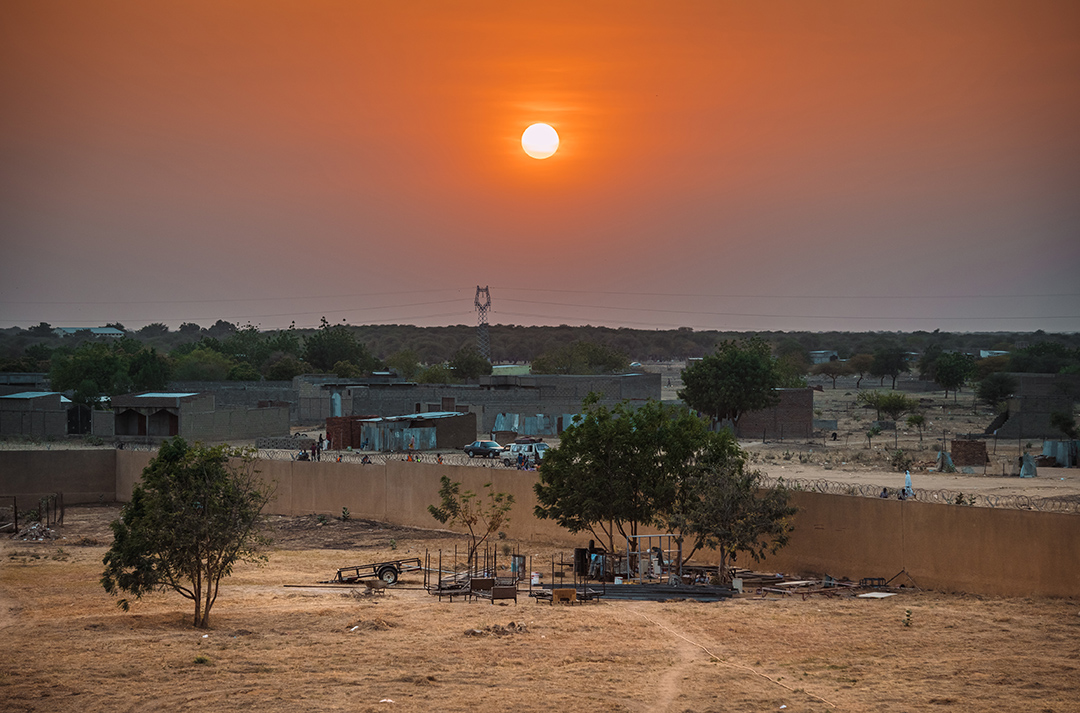
Located at the crossroads of north and central Africa, Chad is 189 out of 190 in the UN’s Human Development Index (their list of the world’s most fragile states). It’s a tough country to build your life in. Life expectancy is only 52.5 years and on average, children only receive 2.5 years of education. The most sobering figure is that one in nine children in Chad will die before their fifth birthday. N’Djamena, the capital of Chad, has really suffered from a lack of power. With its rapid growth and many people installing air-conditioning, it’s not uncommon for people to be without electricity for five to six hours a day. To combat this, the Government has moved to providing its citizens with diesel-fuelled generators – however this is far from a perfect solution. Besides the environmental impact of burning fossil fuels, there’s also the effects of noise pollution and the respiratory problems this can cause. In a country that, on average, has 264 days of sunlight a year, attention has moved to solar power. And it’s your incredible support that’s making this green revolution possible at Guinebor II Hospital (G2).
G2 has always relied on a combination of diesel generators and its small existing array of lead acid solar panels, however even this system has its issues. The solar system only had 12KW of charge and the invertors it used were intensely complex, meaning that no-one based in Chad could fix them if needed. When someone required oxygen, a small diesel generator would have to be brought round to power the concentrator, as the solar didn’t have enough charge to power them. Imagine being admitted to hospital and receiving the treatment in a stifling hot room pumped full of diesel fumes! Drugs and medication were going out of date due to the storage fridges overheating, surgeries were having to be powered by generators, babies were being delivered by torchlight and there were no fans on the wards. This might seem like a small issue in comparison, but when the temperature can hit 45 degrees, fans are a must. BMS mission workers Mel and Tom Spears describe the challenge presented by most patients choosing to sleep outside because of the heat: mosquito nets aren’t easily installed or available outside, significantly increasing the risk of malaria for the patients.
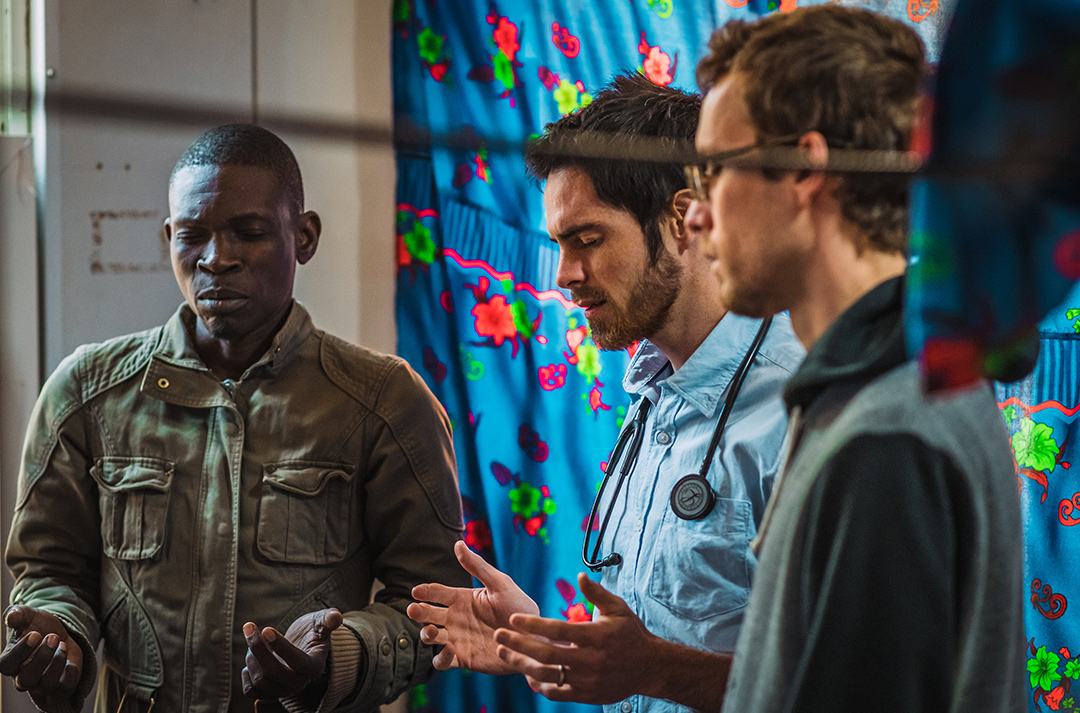
The recent overhaul on G2’s solar has meant a massive transformation for the hospital – and it’s possible thanks to you. The recent project, part-funded by BMS supporters, has enabled G2’s solar capacity to increase threefold, allowing the hospital to significantly reduce its dependence on diesel generators. The whole project was also completed alongside a Chadian electrician, allowing local staff to take ownership of the project and be equipped with the knowledge and skills to repair and maintain the solar array.

With all these improvements, it’s empowered G2 to continue to be an example for hospitals across Chad. New wards being built can now have fans pre-installed, which drastically increases patient comfort and quality of care – especially as some patients were discharging themselves early from the hospital due to the heat! Beyond comfort, it also enables the staff to be able to have greater infection control on the wards. Now, two oxygen concentrators can be run in the same ward purely off solar power. There’s no need for generators in the wards anymore, which is an incredible step forward. On top of all of this, the pharmacy now has air conditioning too (installed on BMS Pharmacist Claire Bedford’s birthday!) This has allowed G2 to significantly reduce the amount of medication being thrown out, saving money but also making sure those that need life-saving medication can get access to it, straight away.
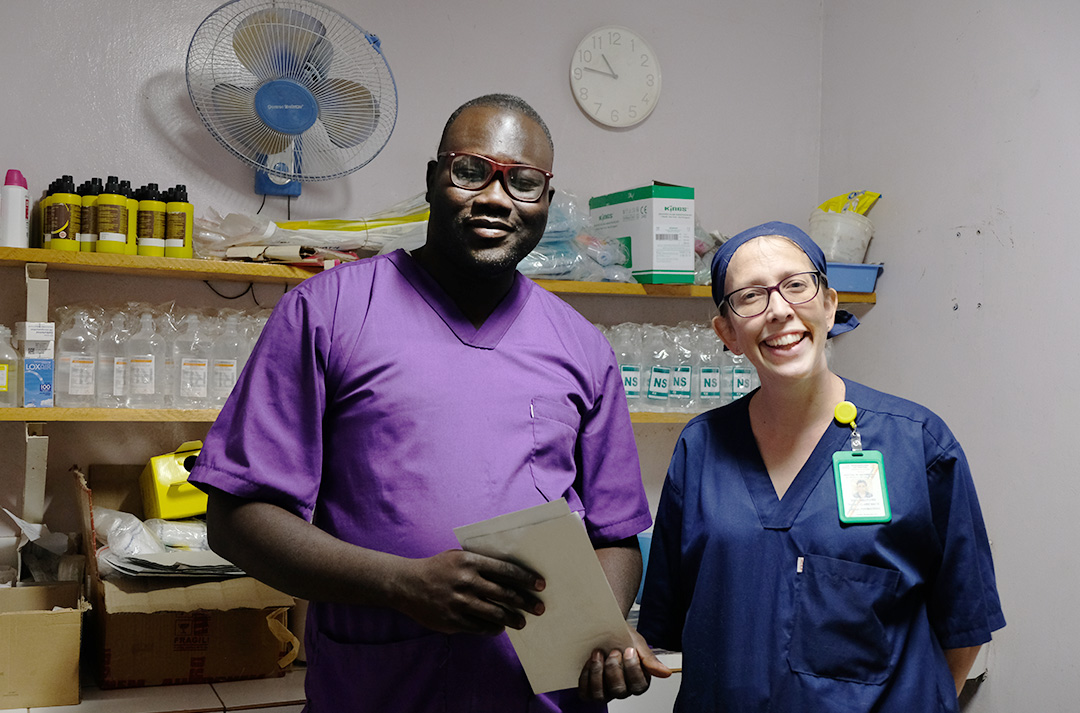
Throughout all of this, God’s timing has been so evident. As with many large infrastructure projects, the work experienced delays from the beginning, but during this time, lithium batteries became an option for the solar system, which can last six times longer than the lead acid batteries they replaced. Beyond that, the same day the new panels were installed, the oil refinery in Chad closed for maintenance. With diesel practically unobtainable across the country, without the new panels, G2 would have had to pause surgery for six weeks. God’s timing for the project meant solar power kicked in at just the right time, doubtlessly saving many lives.
Thanks to these advances and your, support G2 can continue to stand on the frontline of healthcare, supporting and empowering those that need it the most. A flick of a switch, something we take for granted — but such a weighty and treasured decision in Chad.
Thank you for your ongoing support for BMS work in Chad!
BMS supporters provided a crucial 25 per cent of the funds needed for the solar project in Chad, and we’re so grateful. For the latest about work at G2, stay tuned for an upcoming webstory sharing more about changes to the BMS team in Chad and how you can continue to save lives at this desert hospital. Make sure you never miss a webstory by signing up to our weekly email update today.
Words by Ed Axtell
Content Creator Apprentice, BMS World Mission




